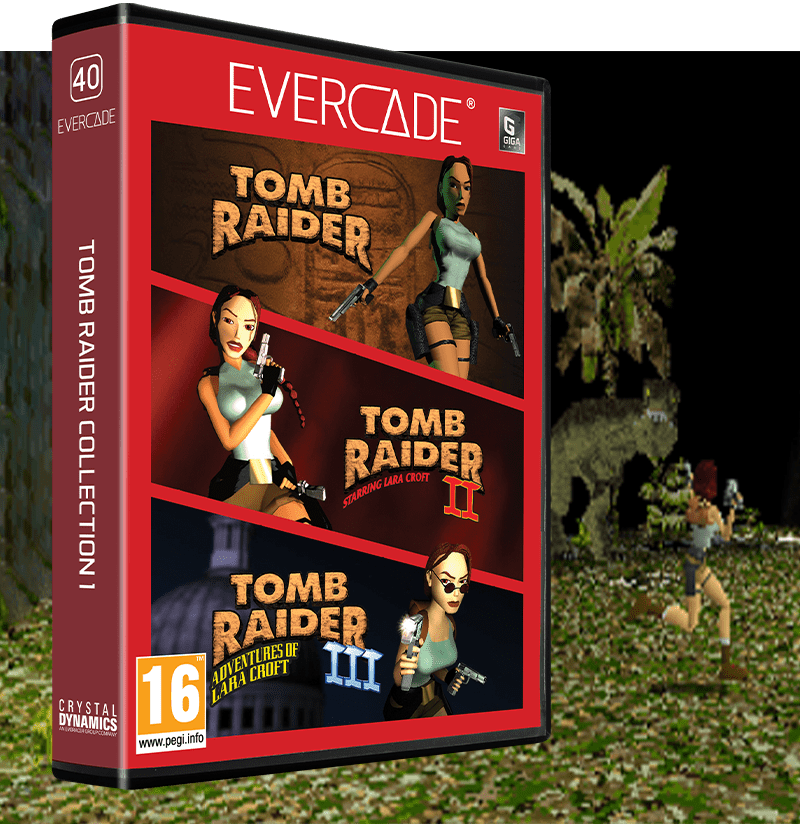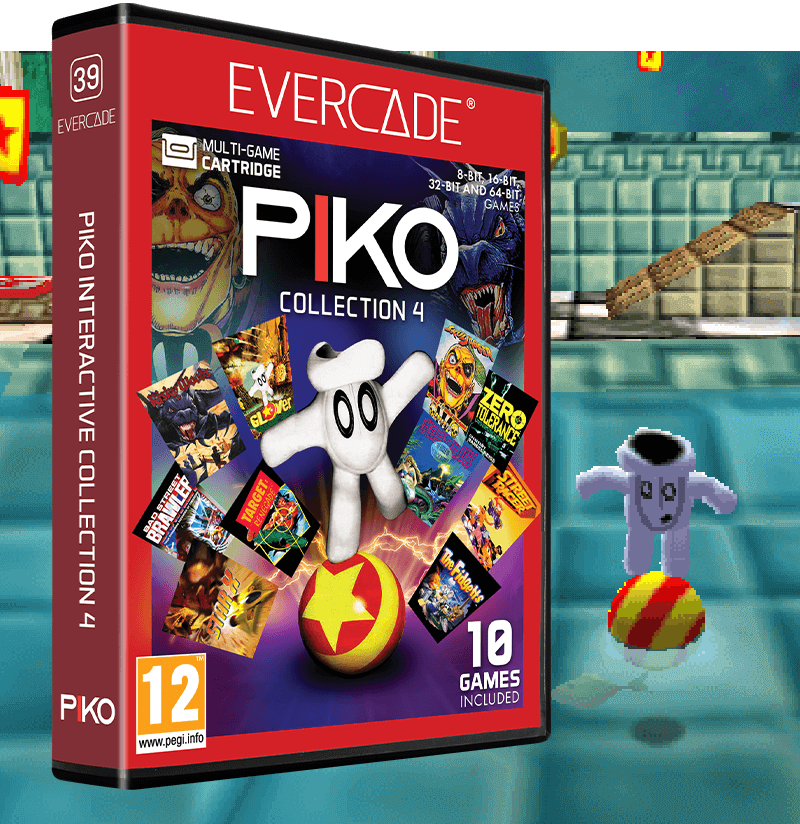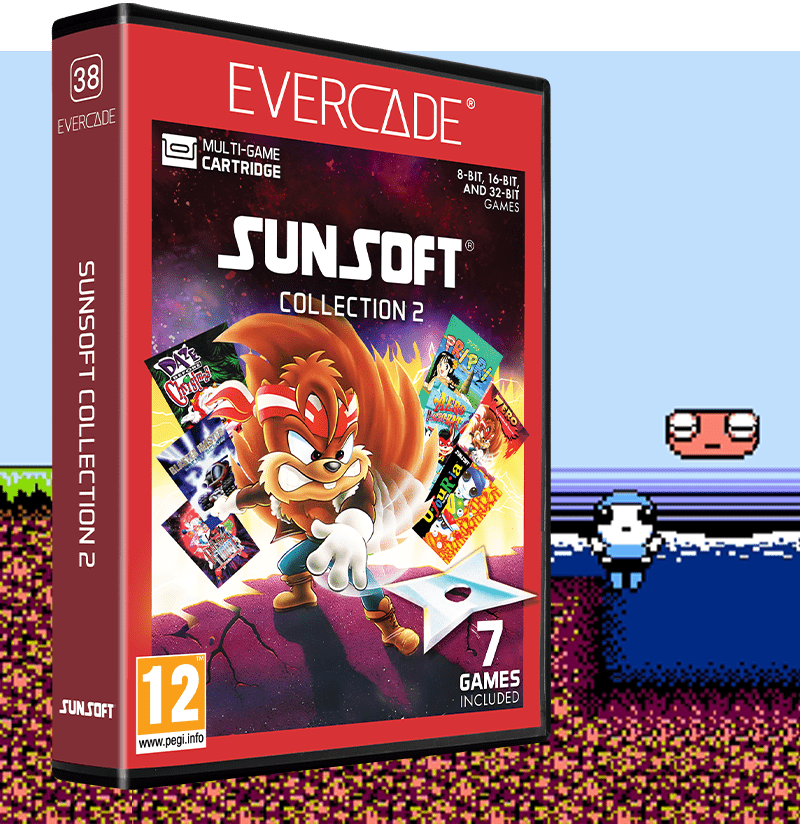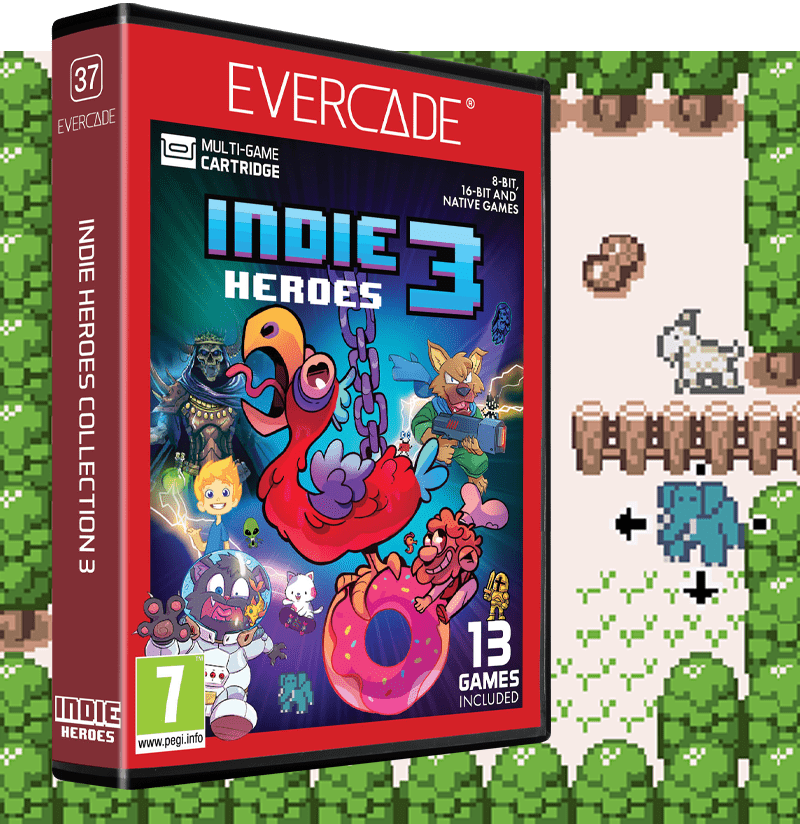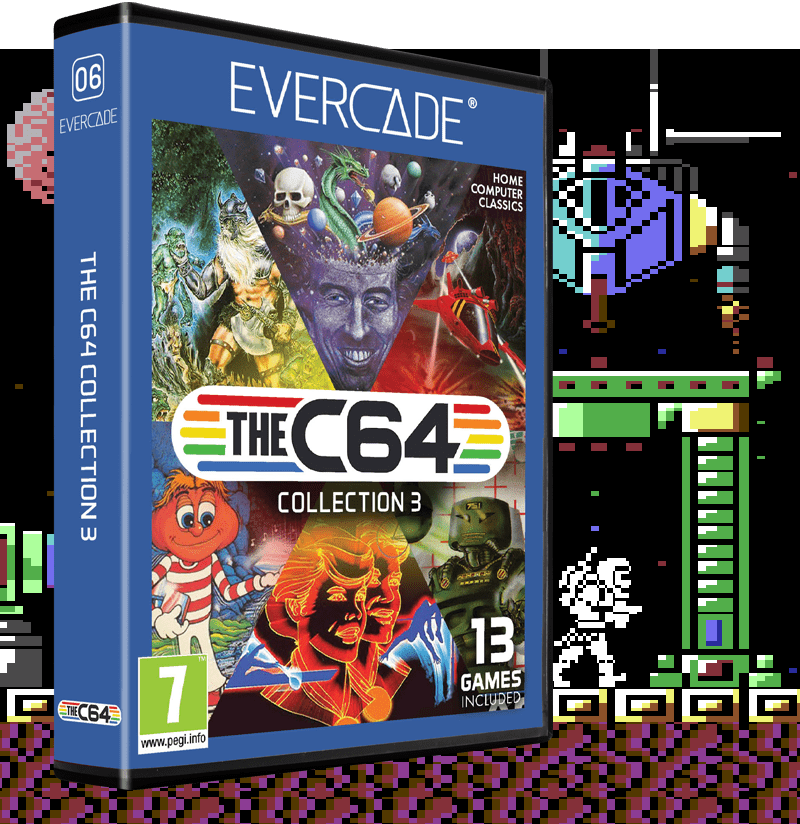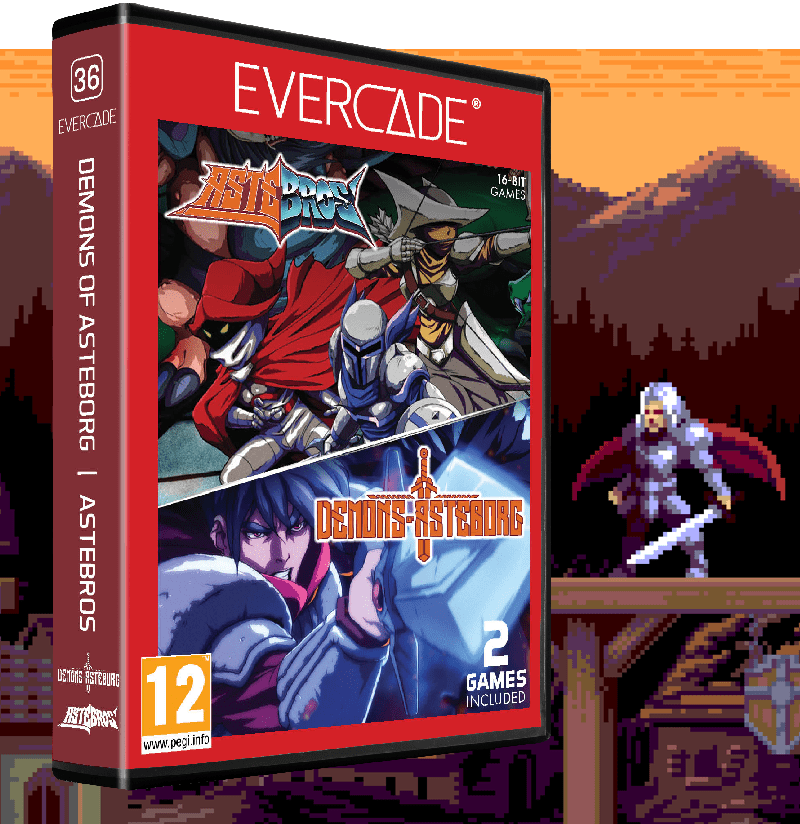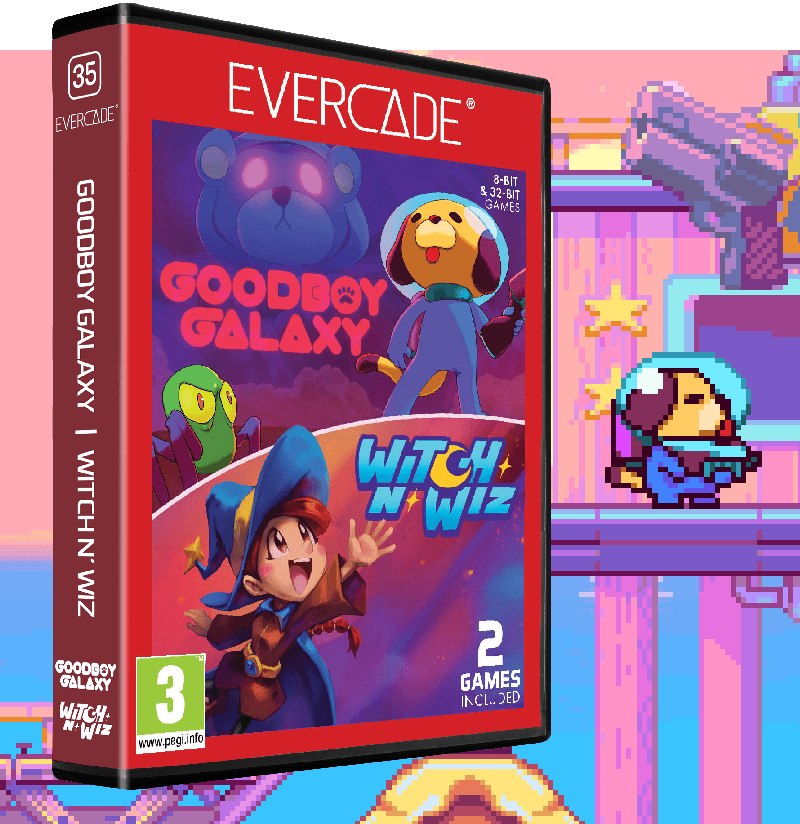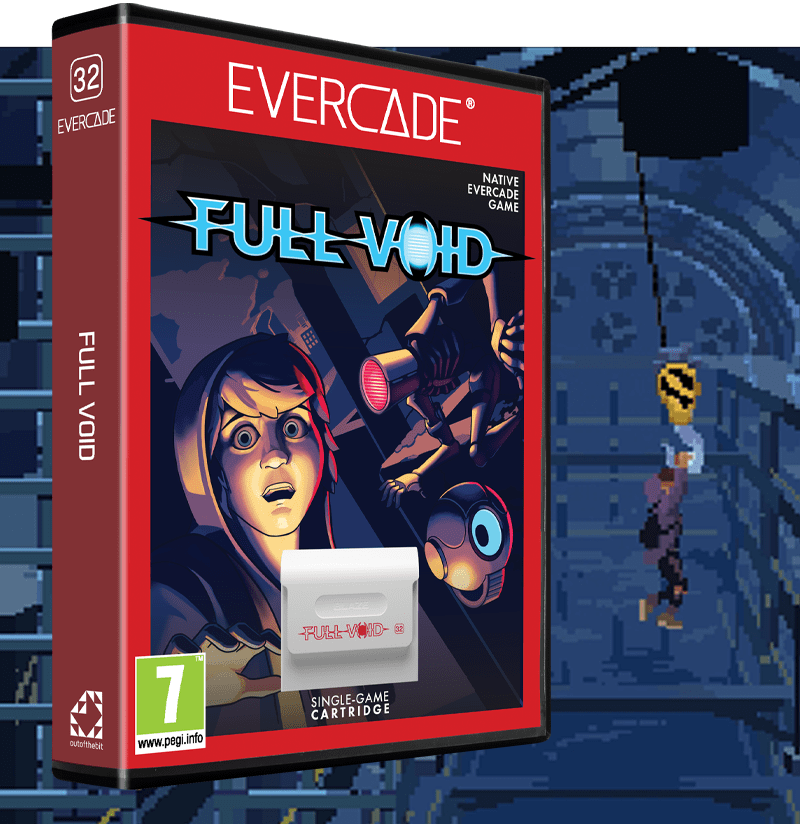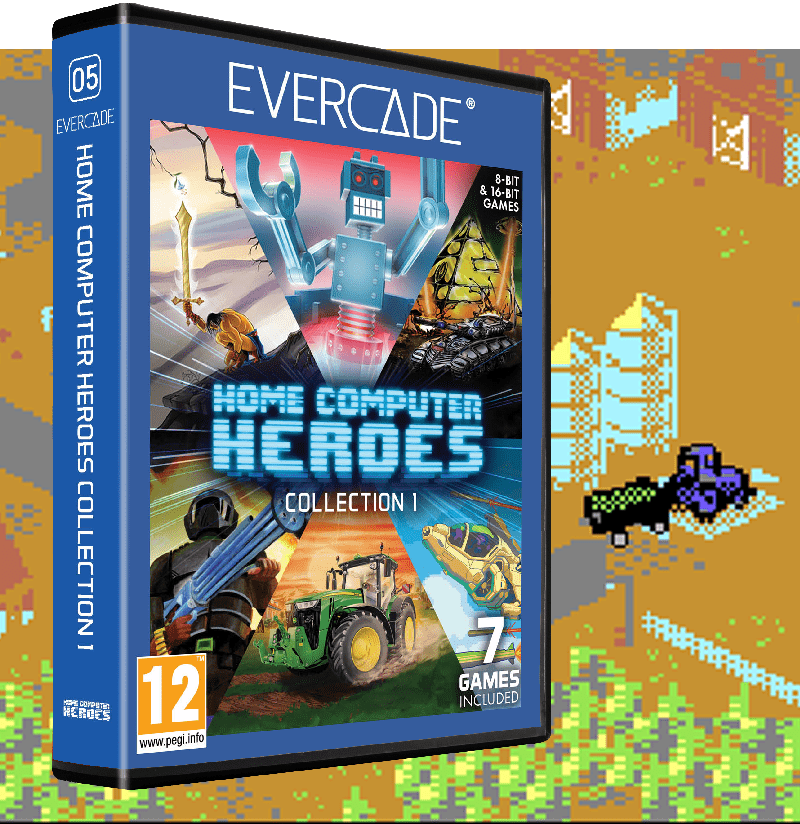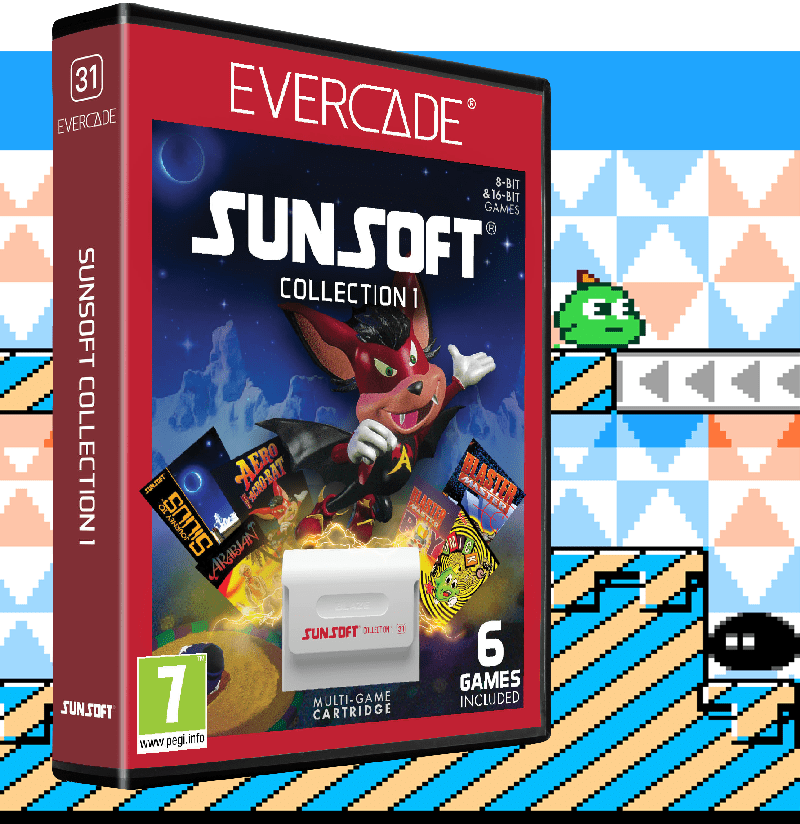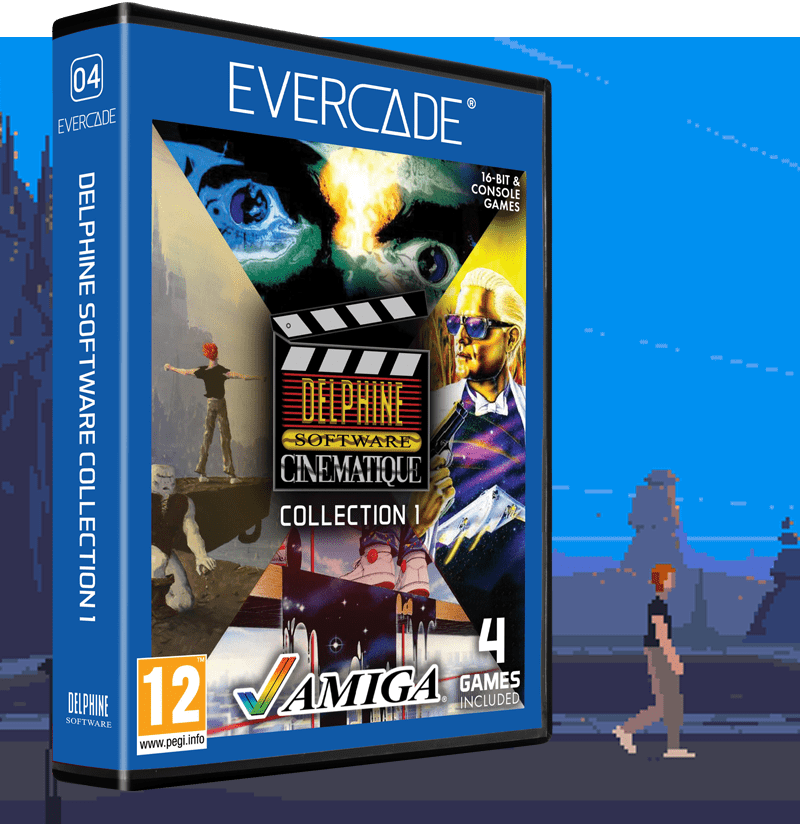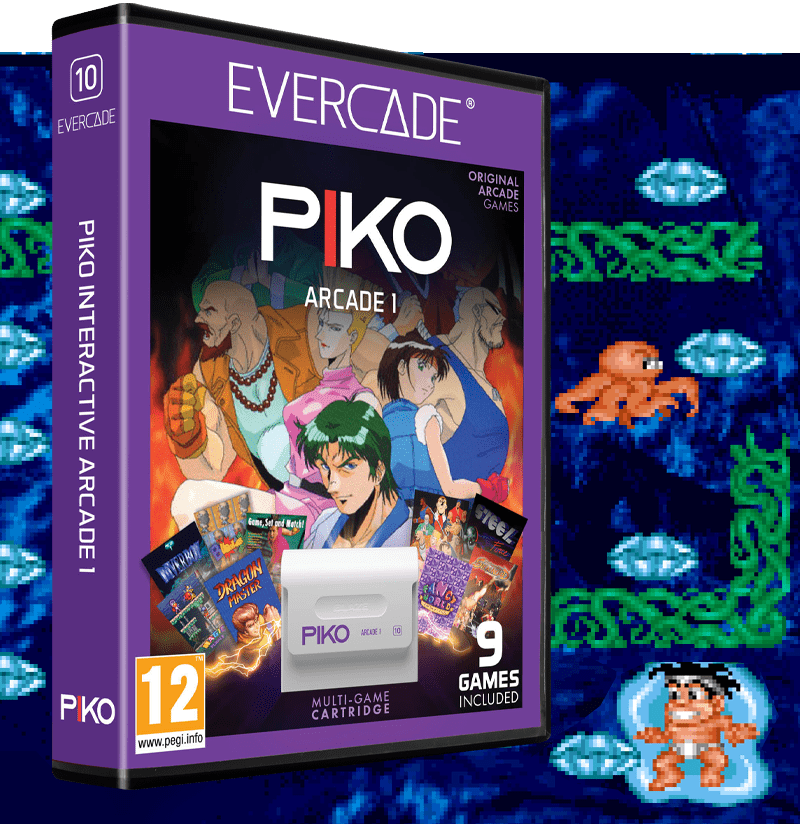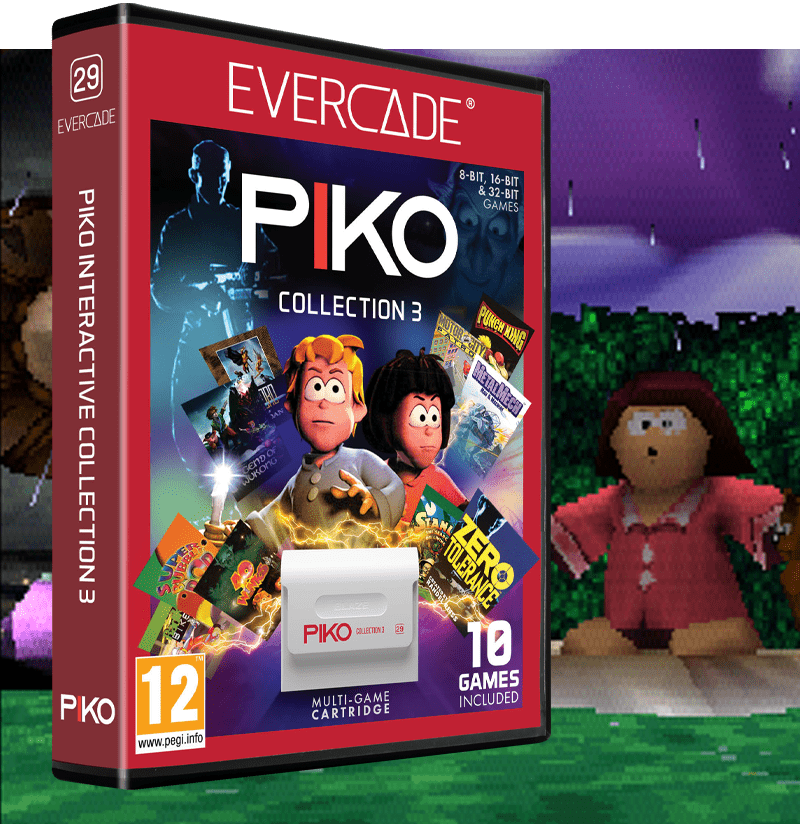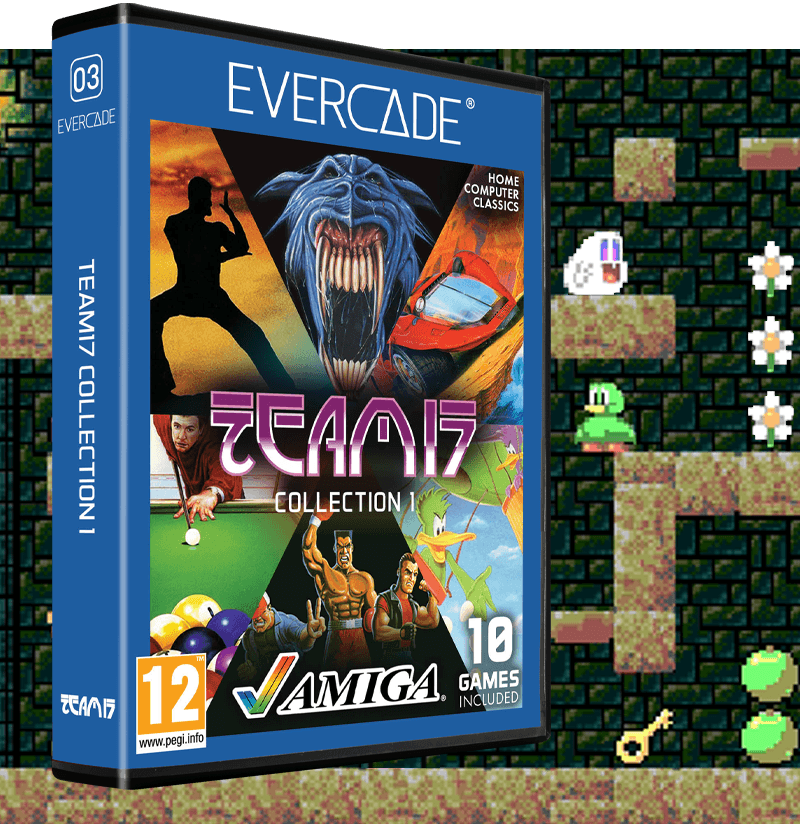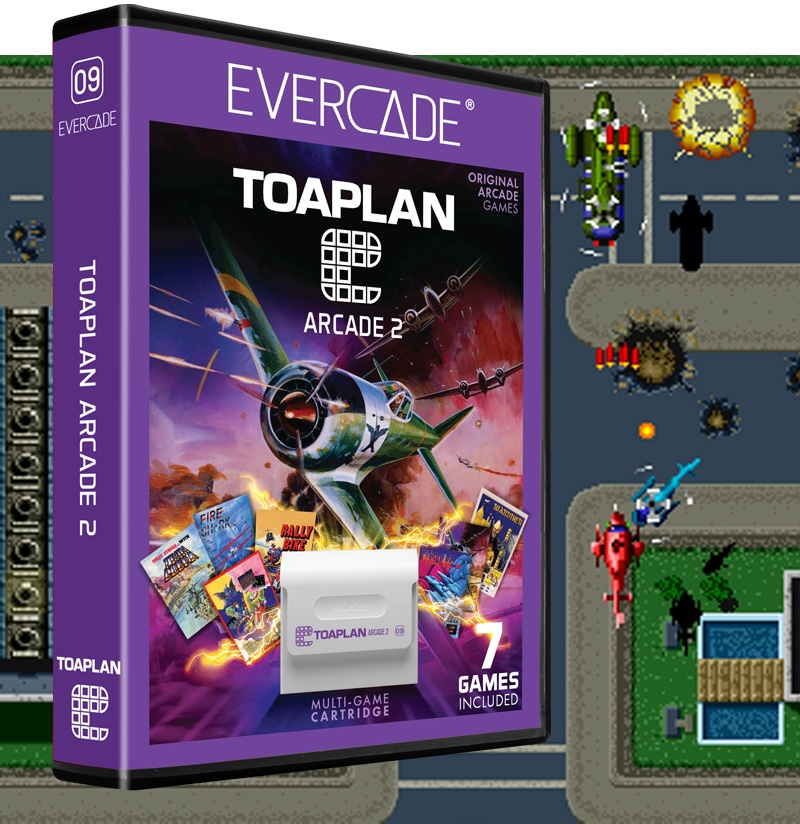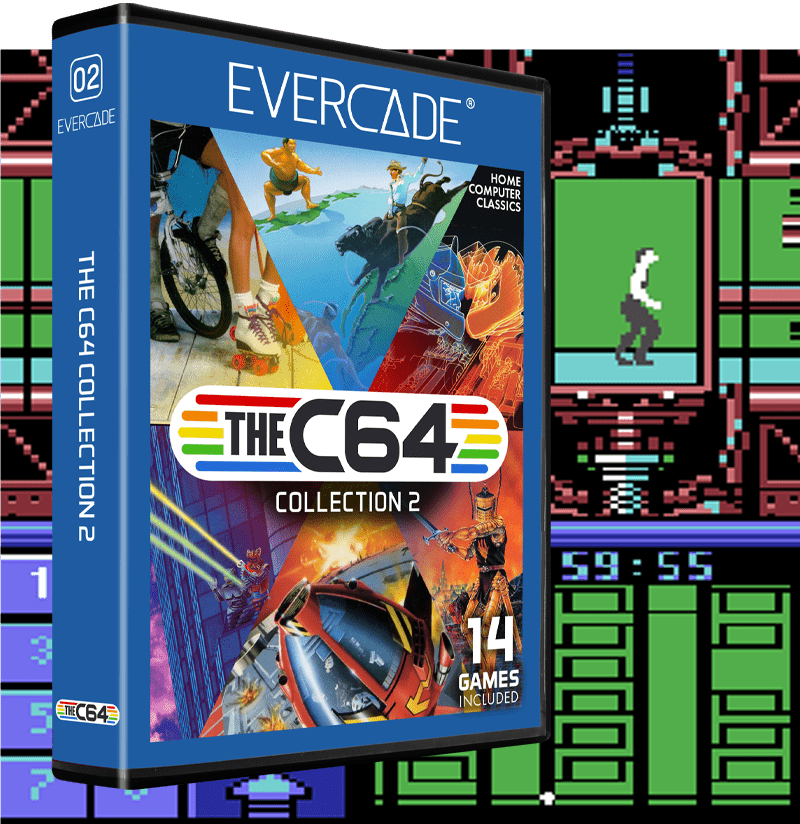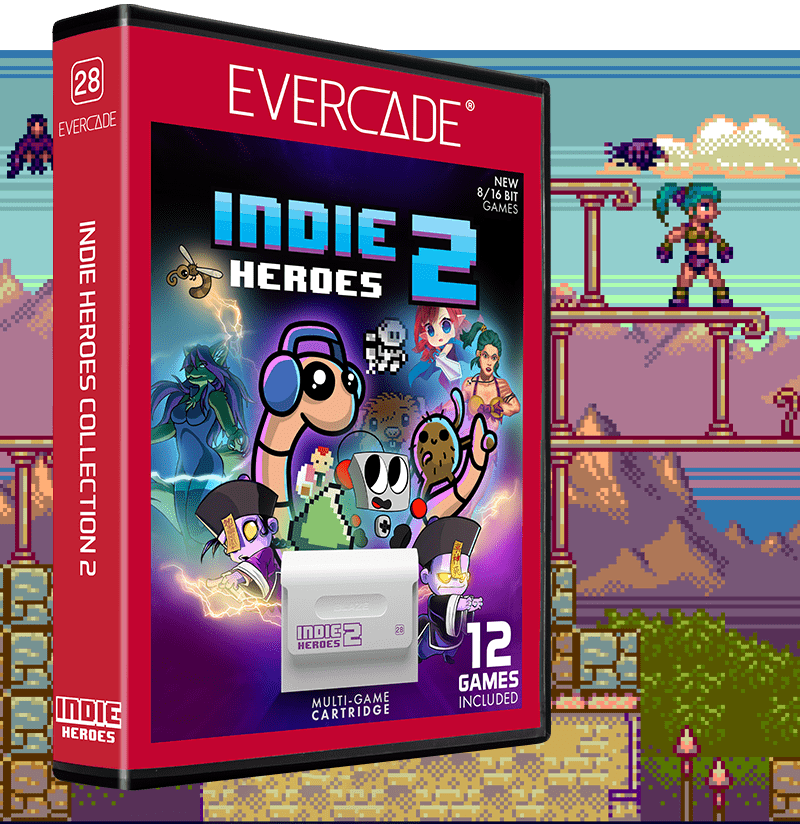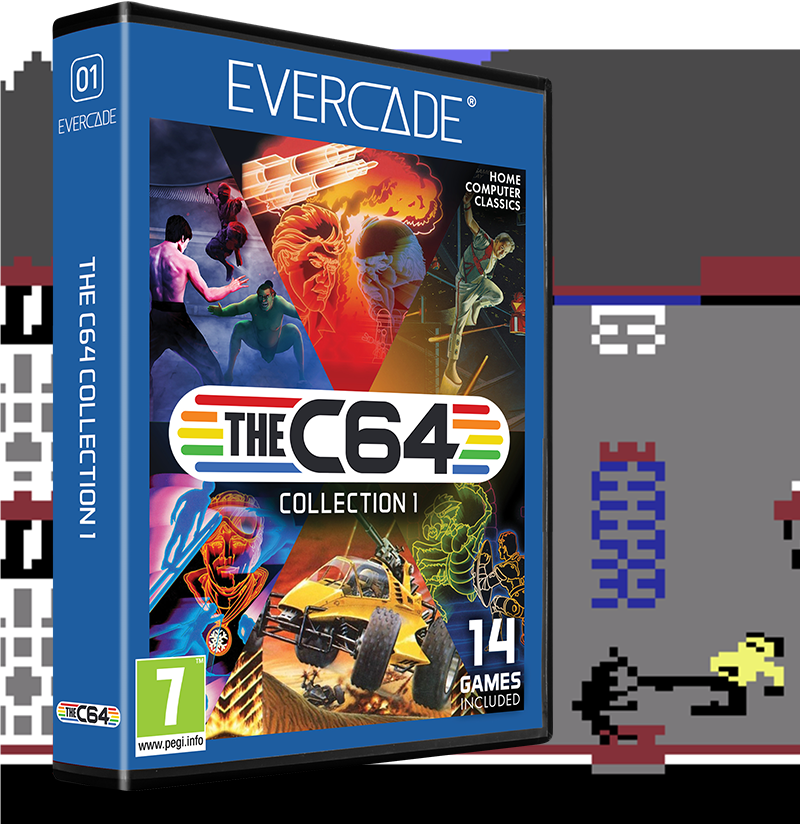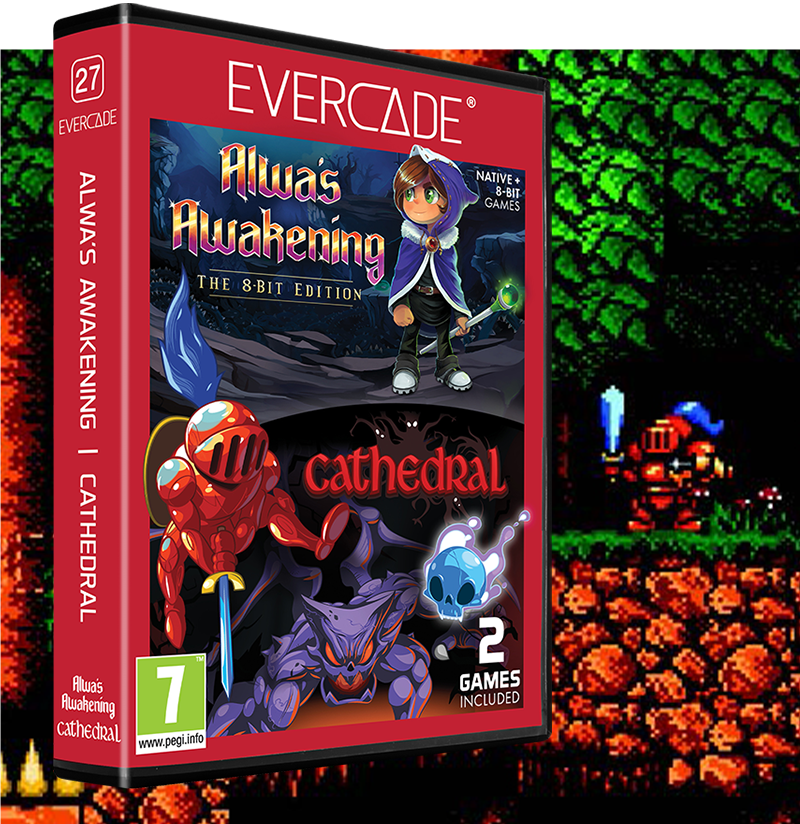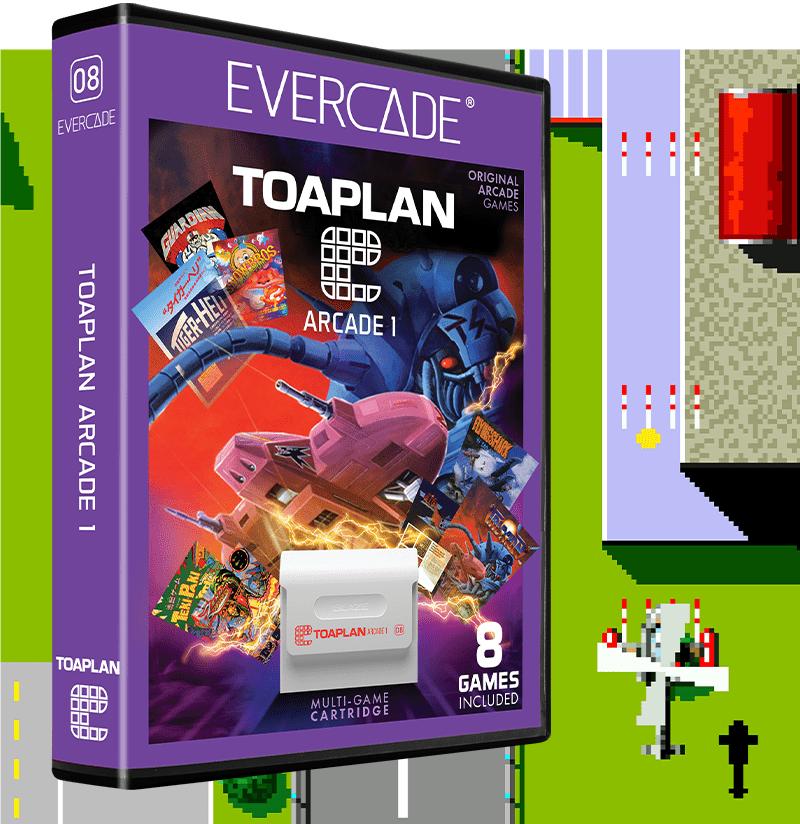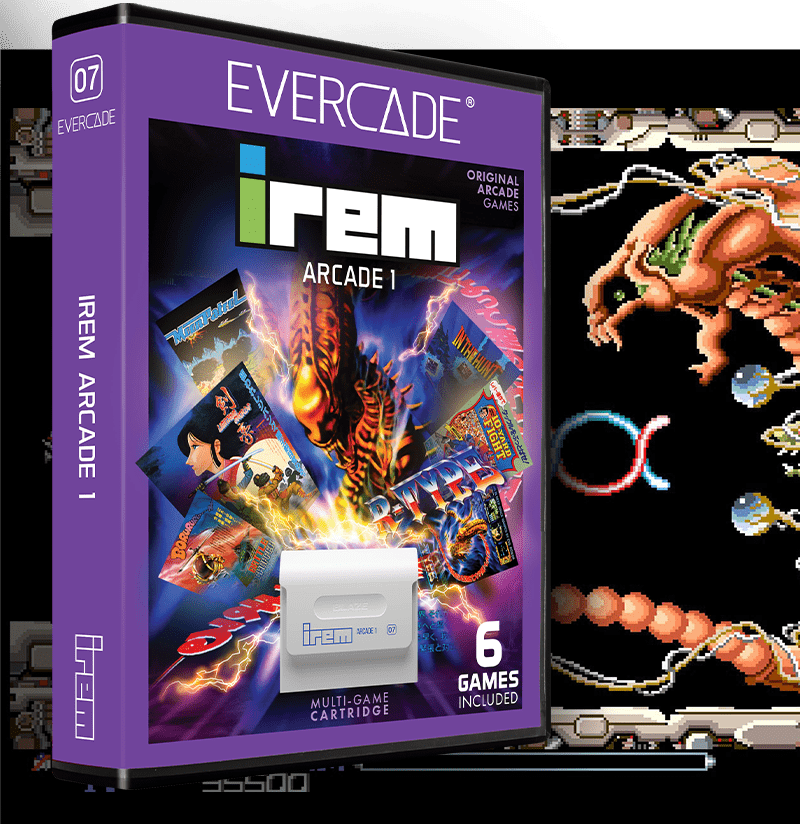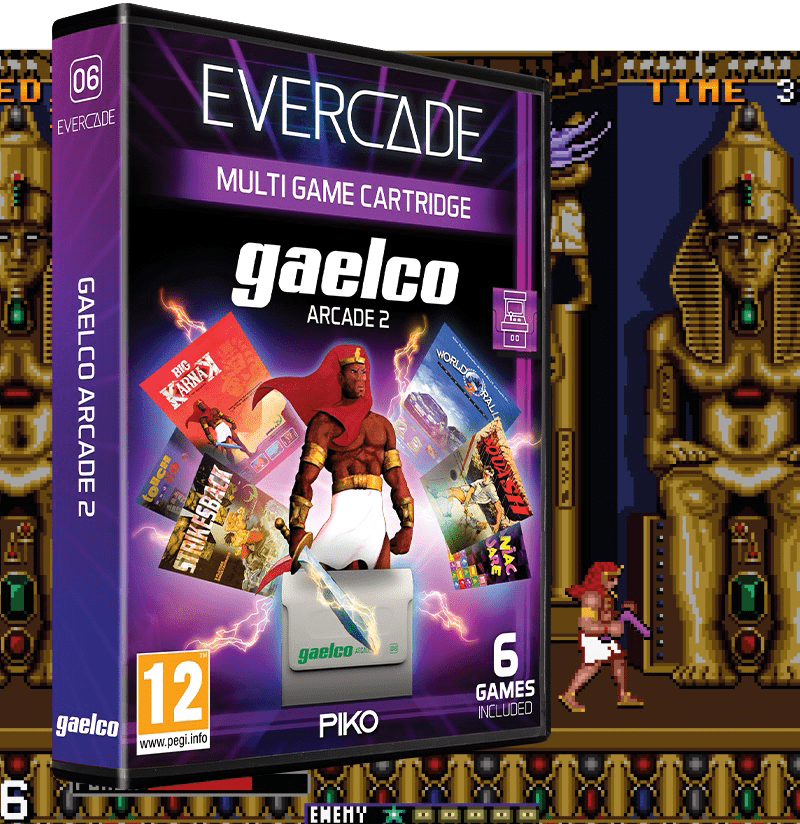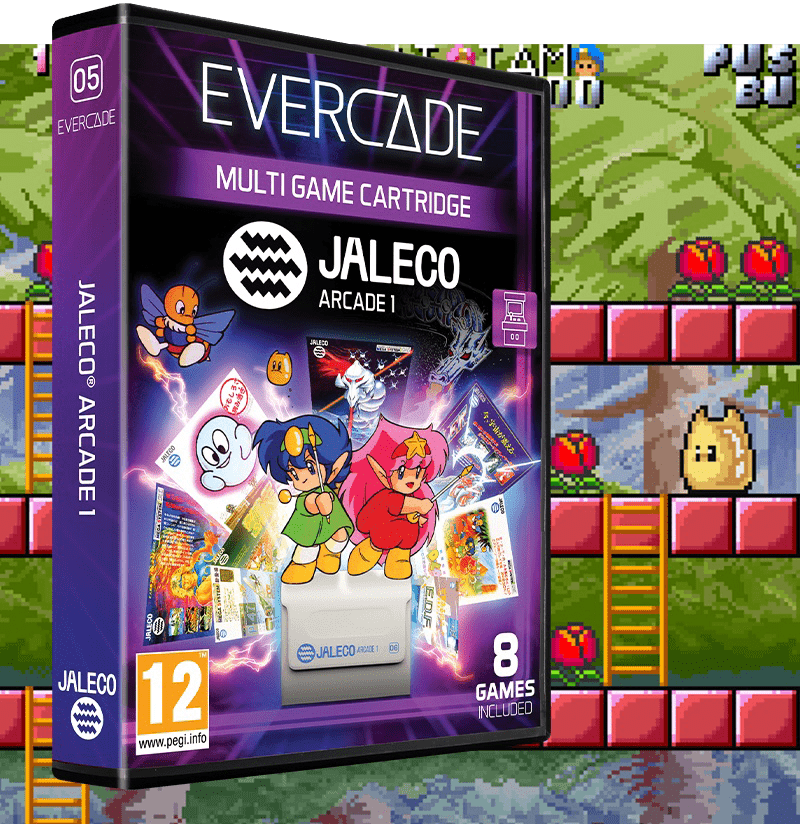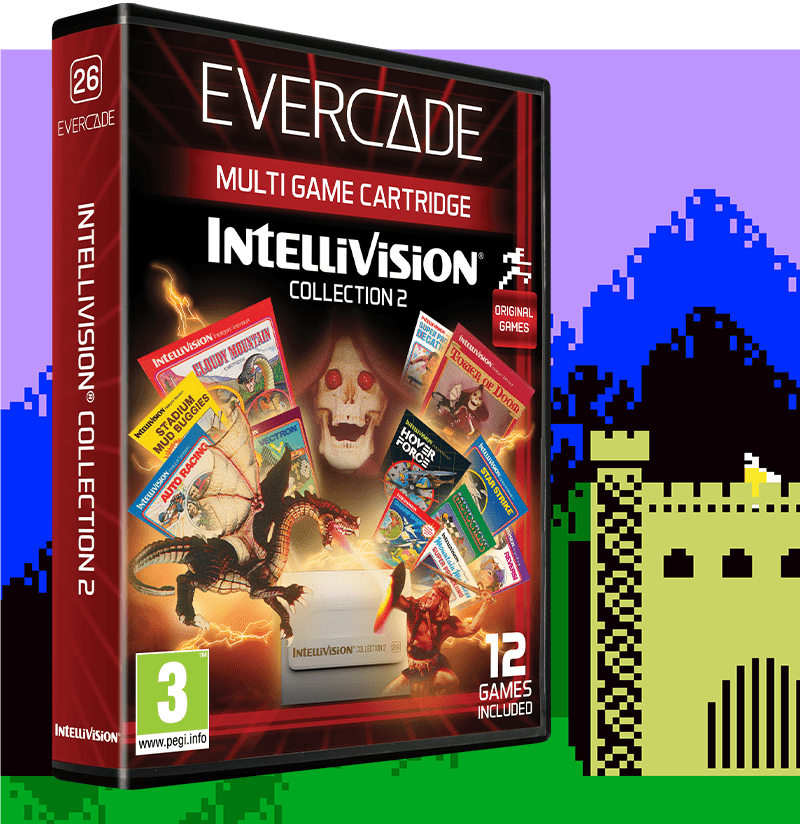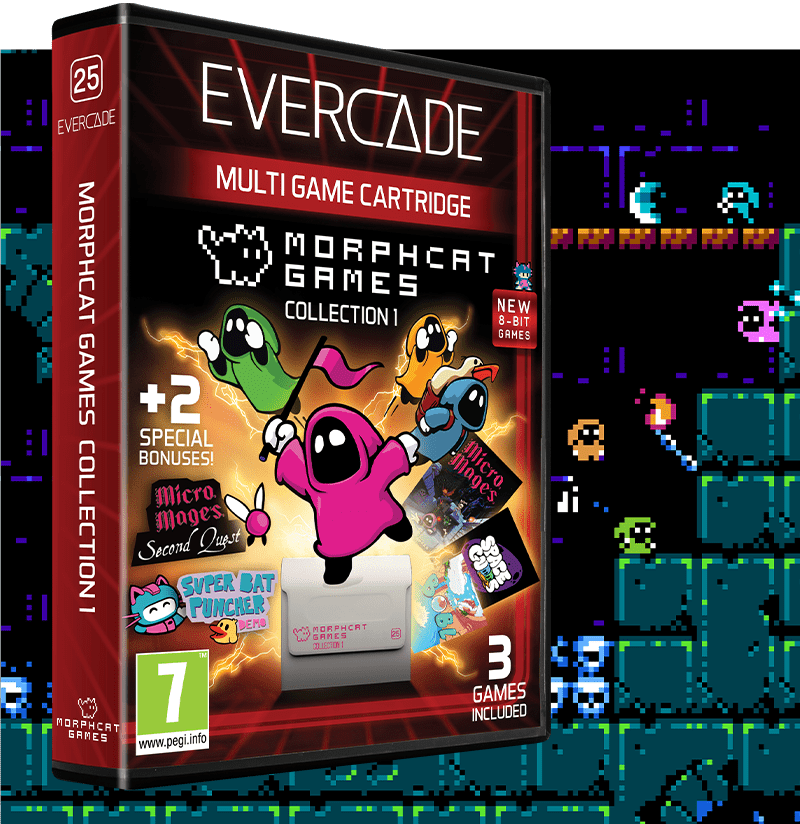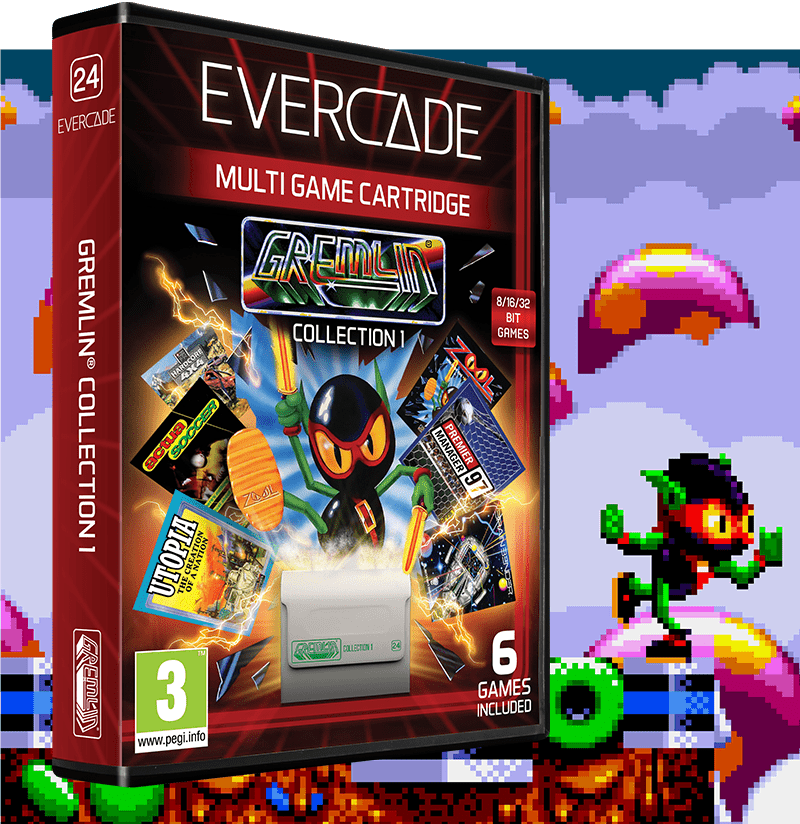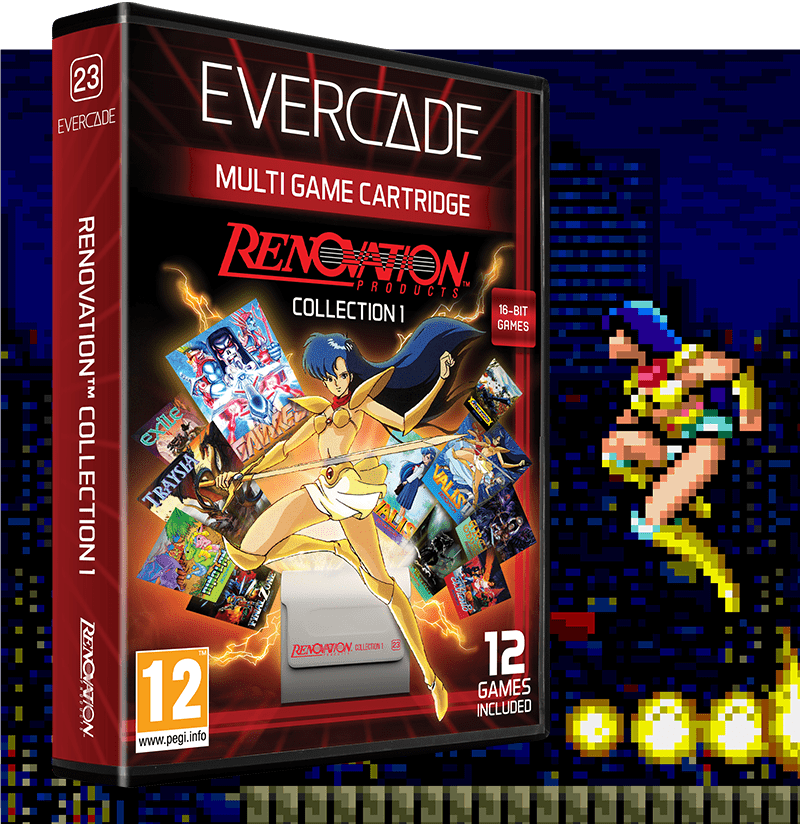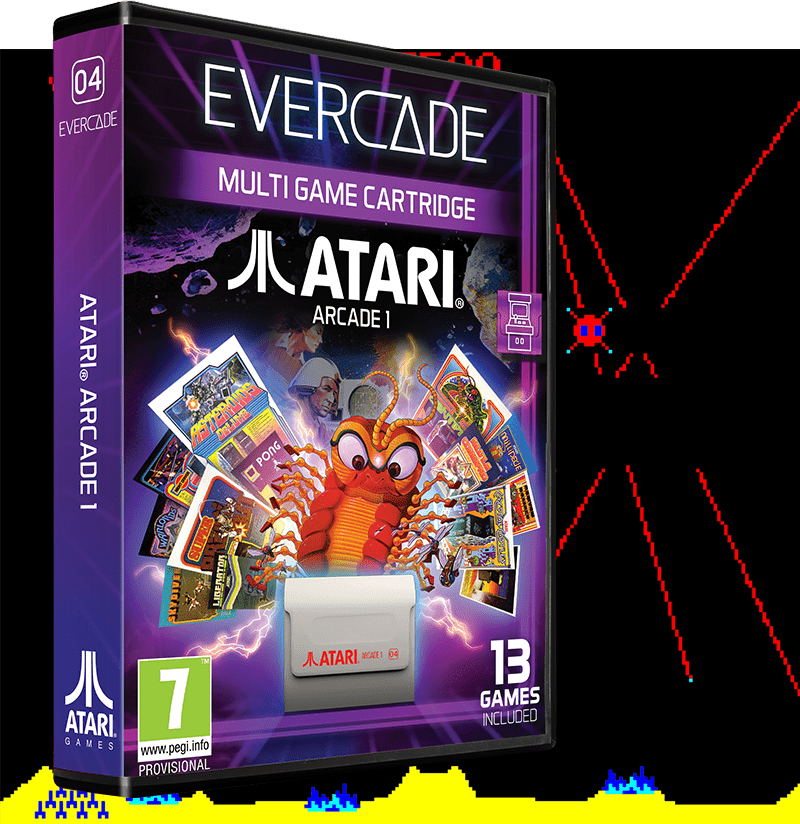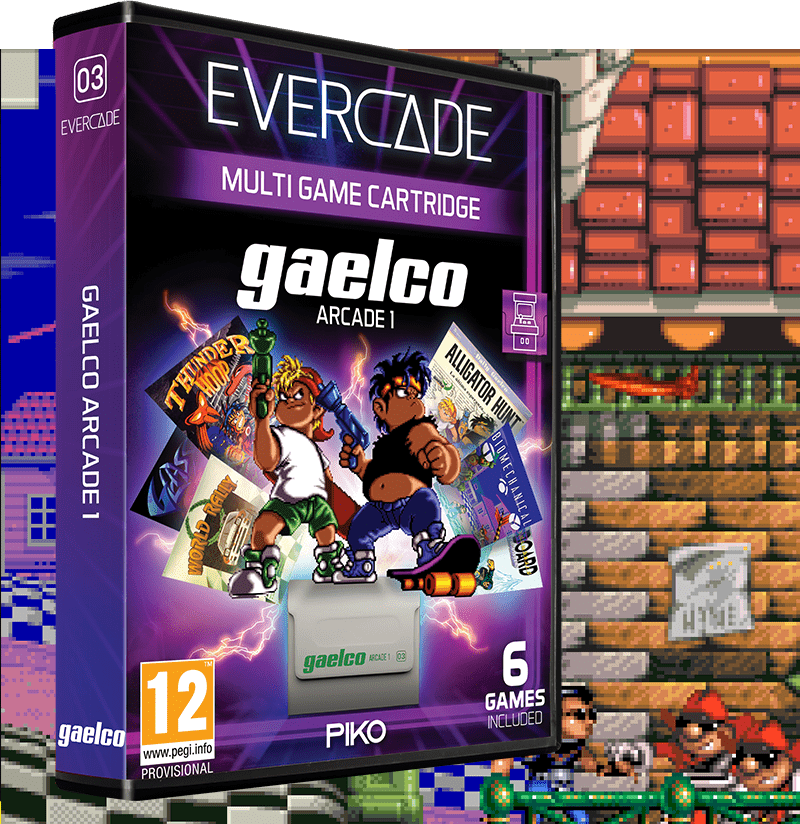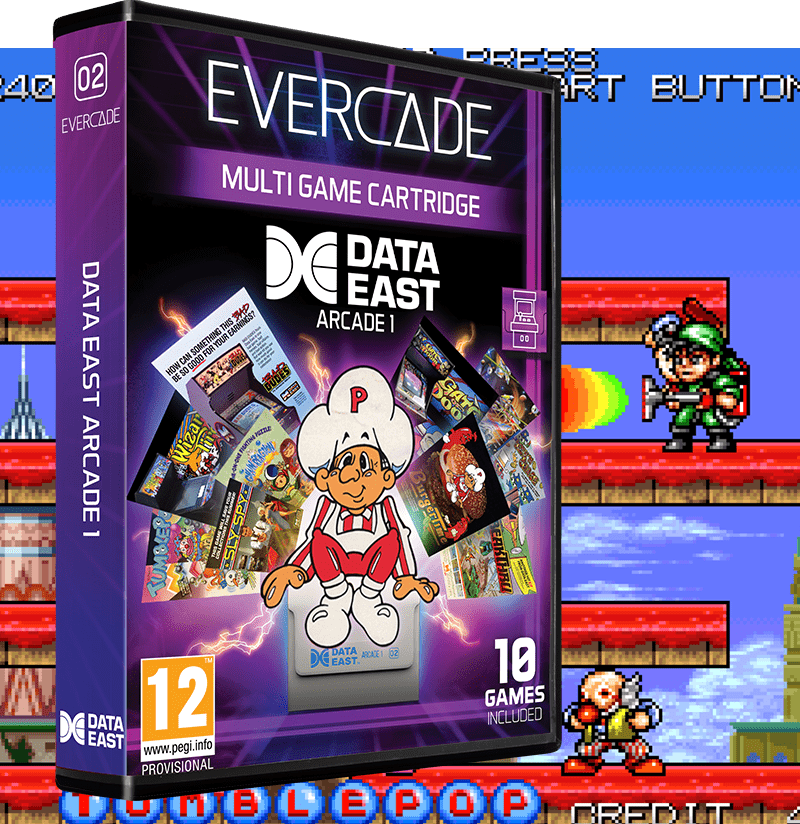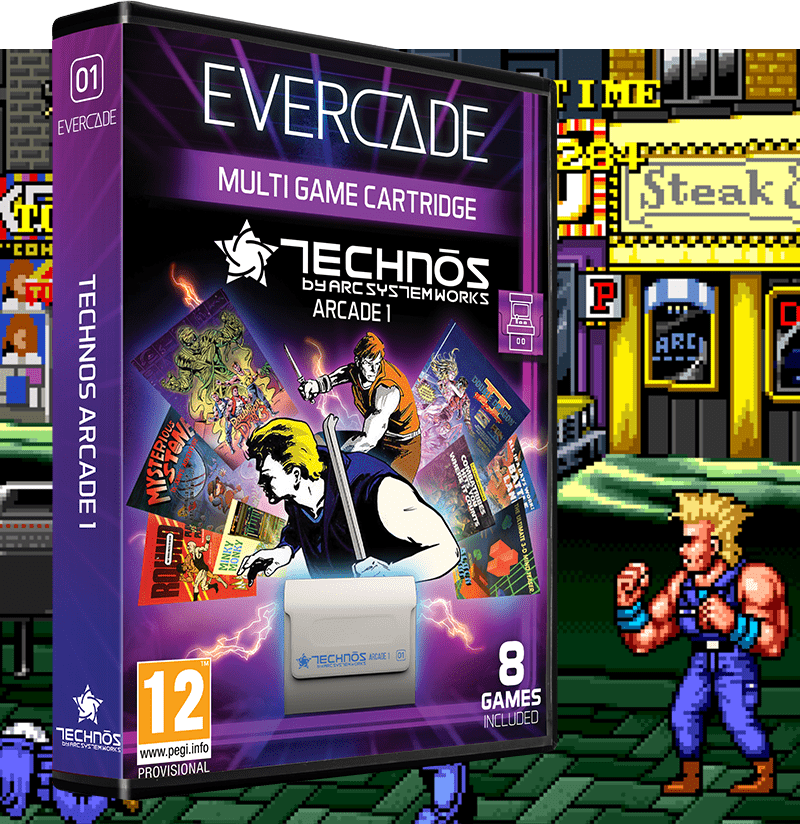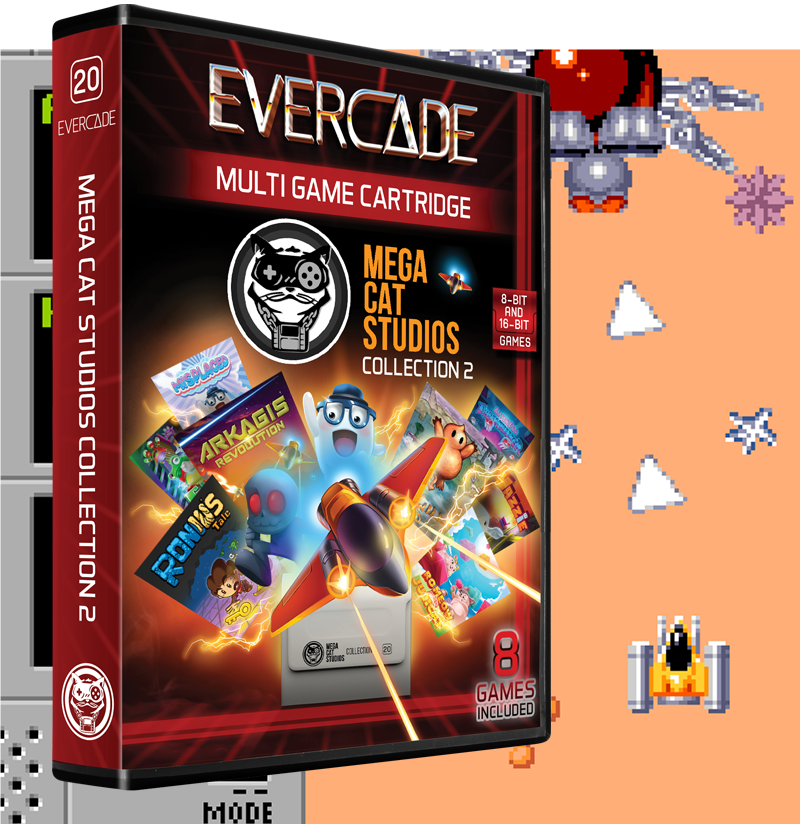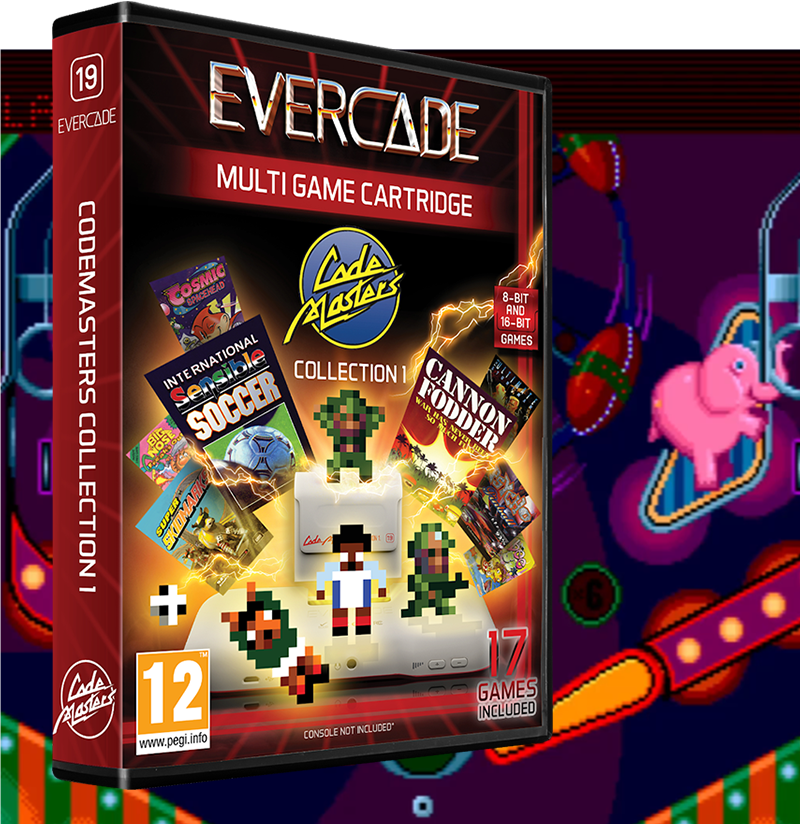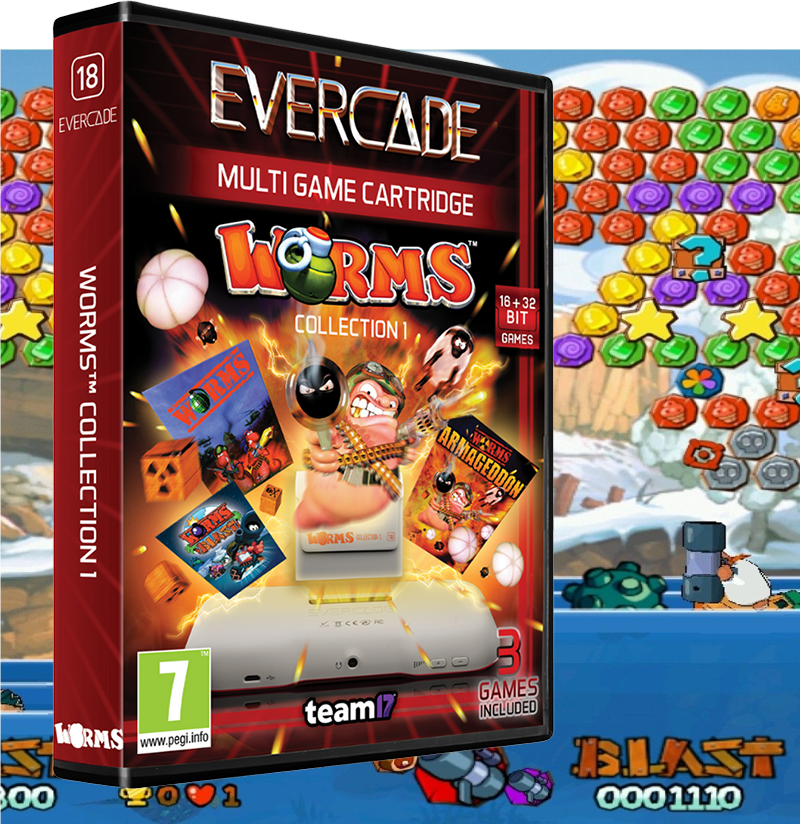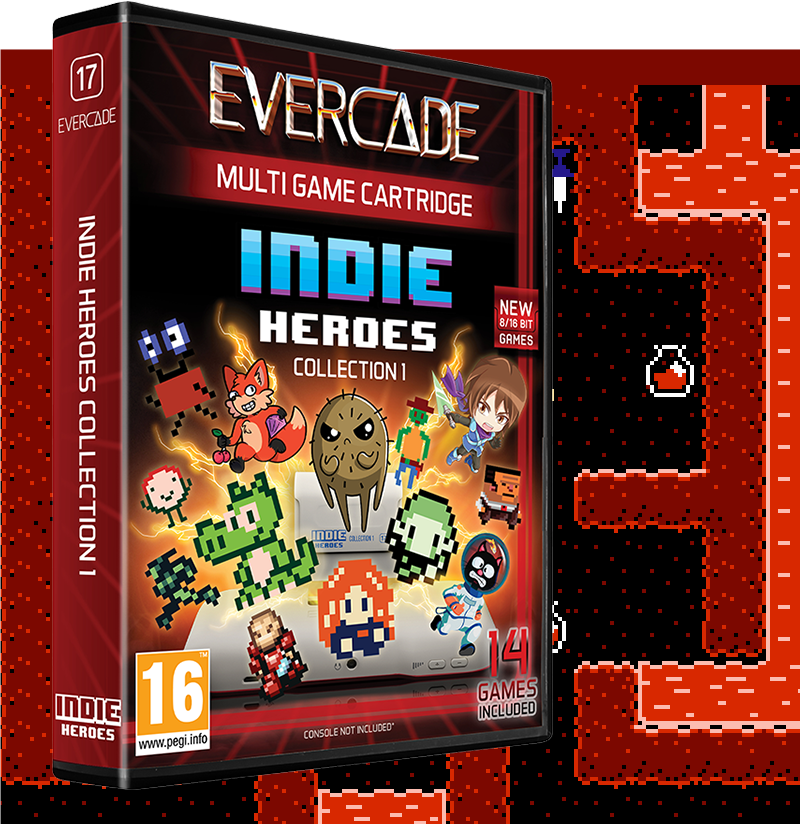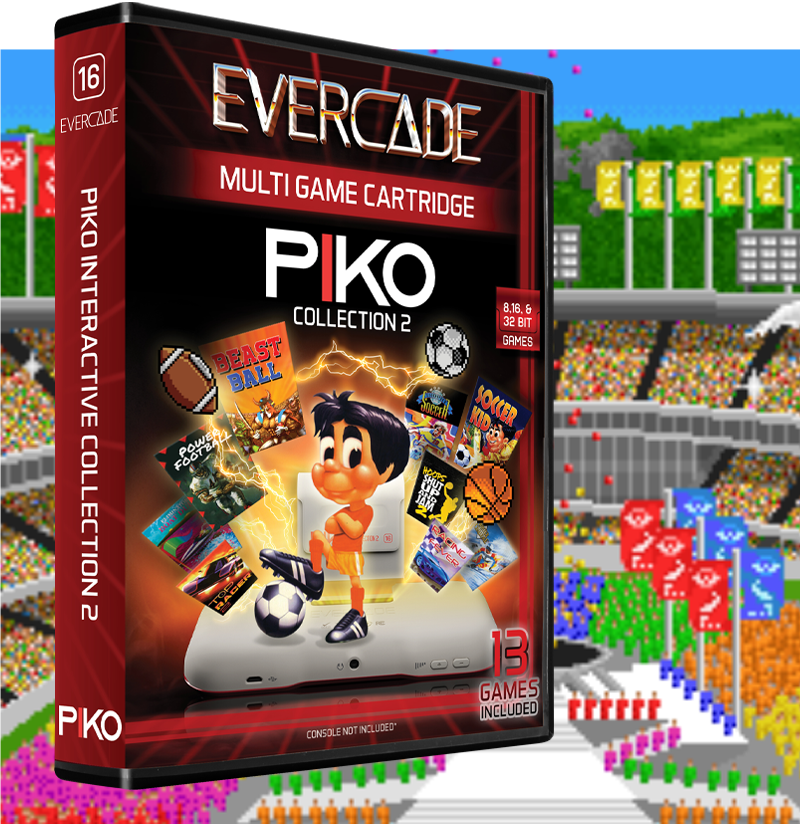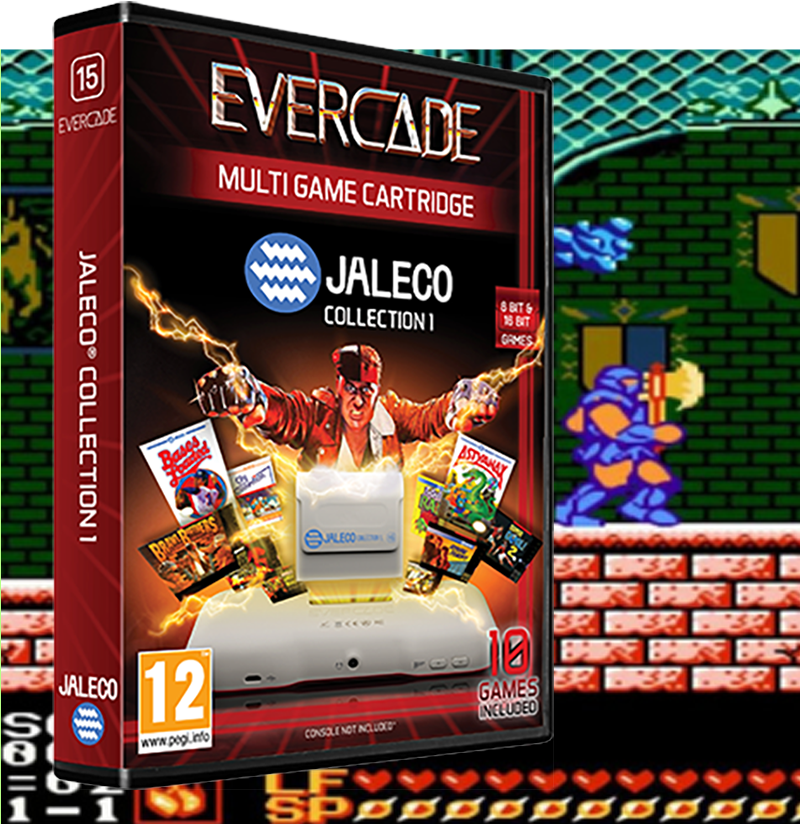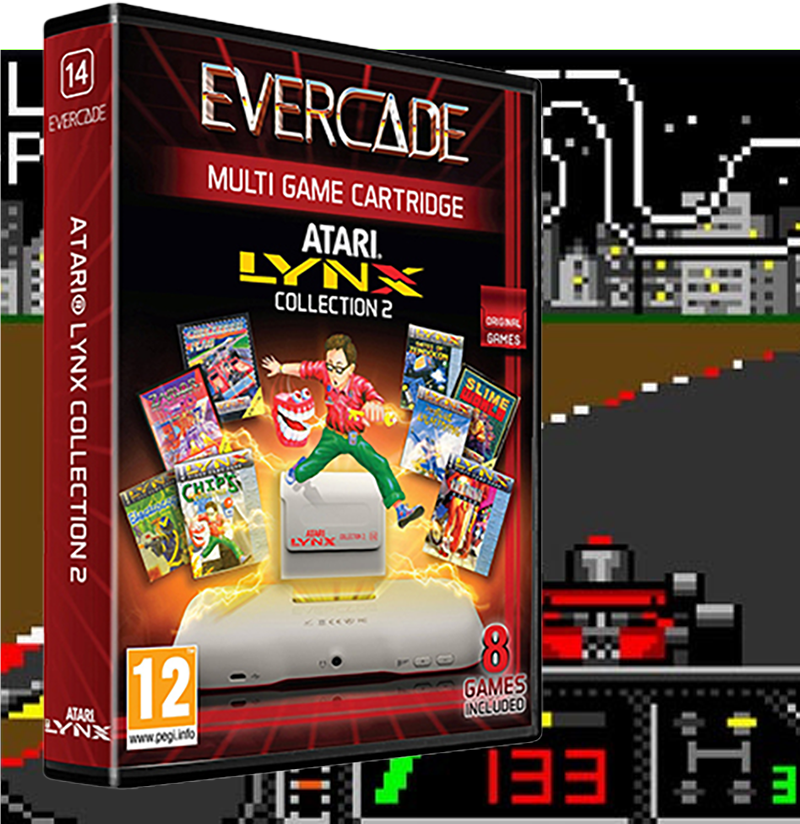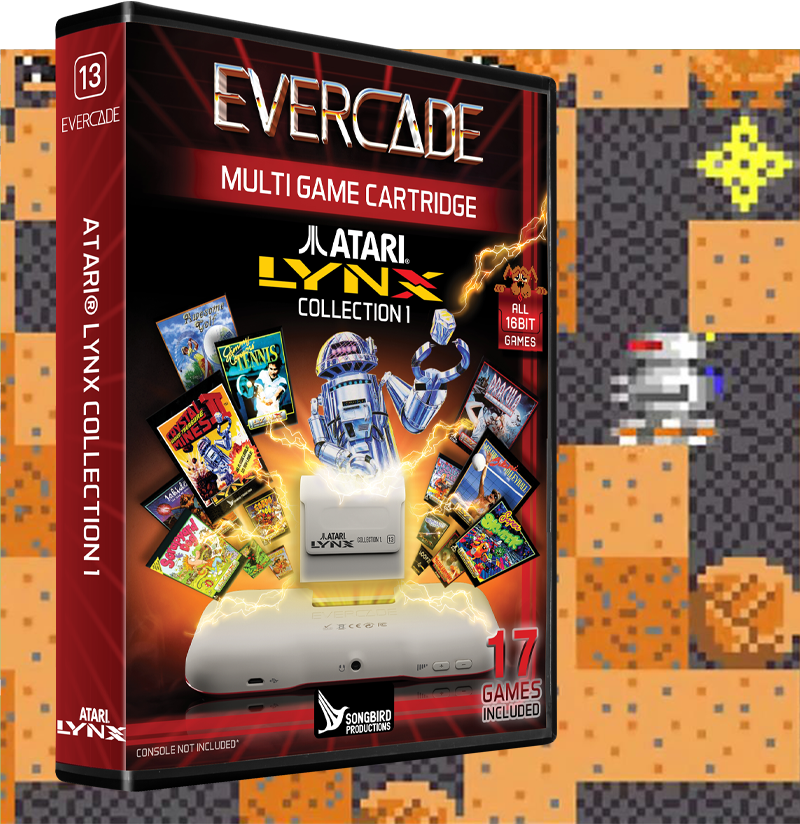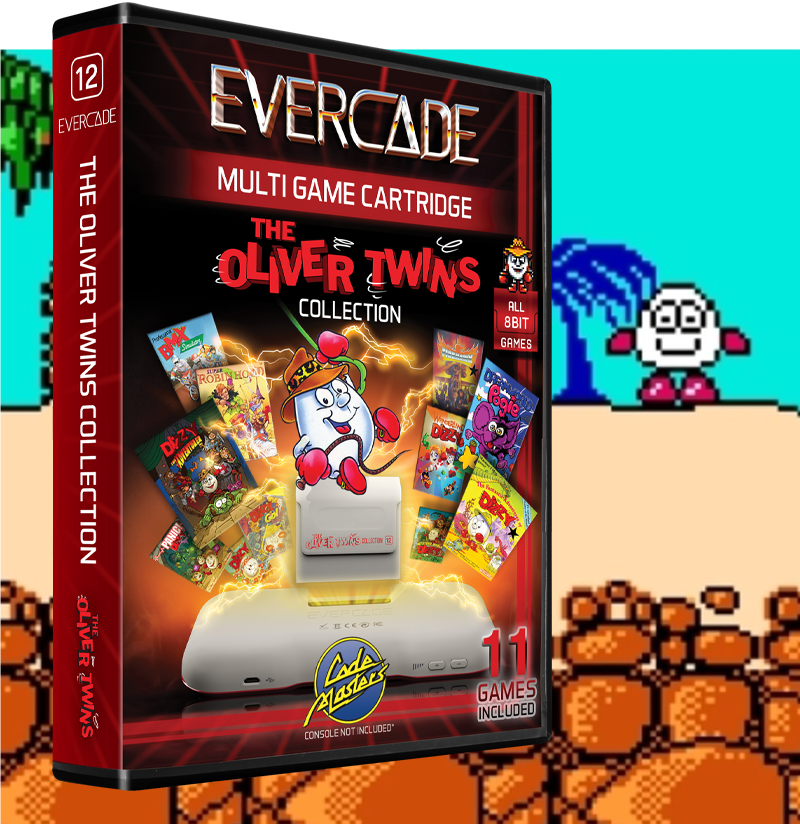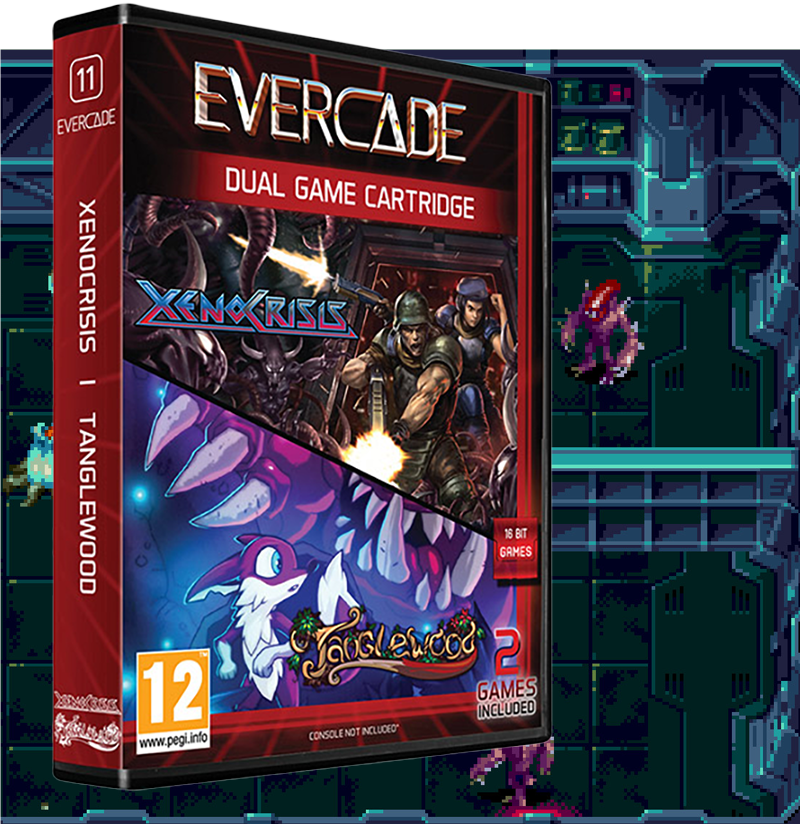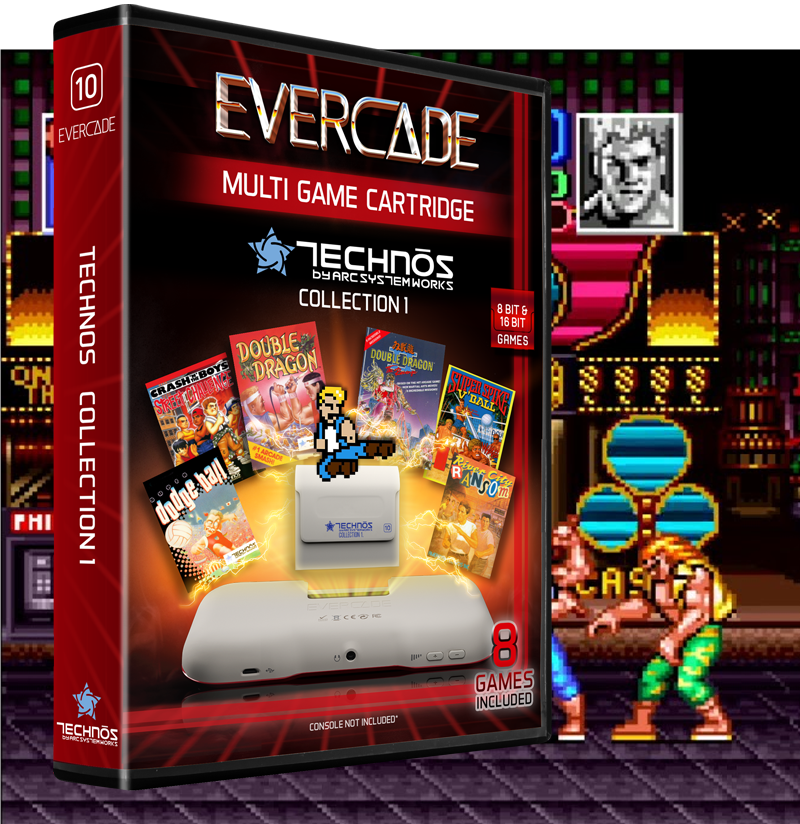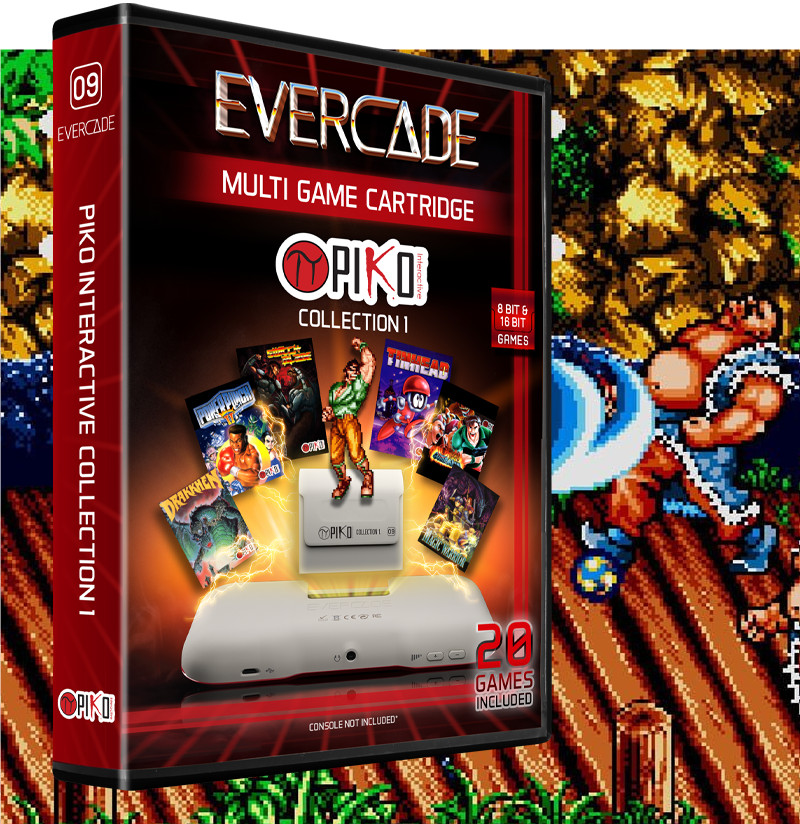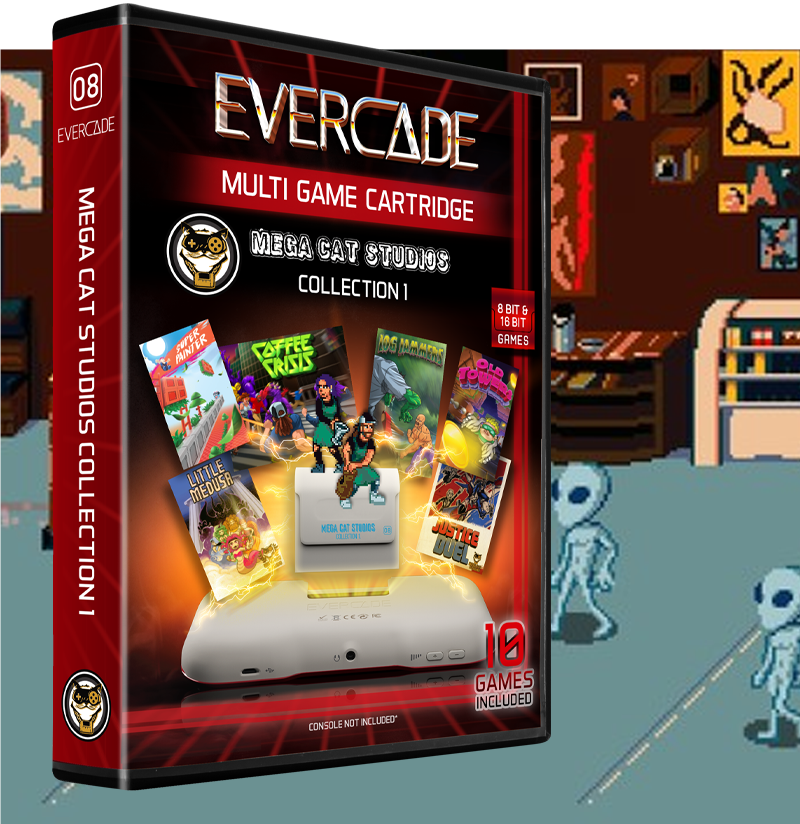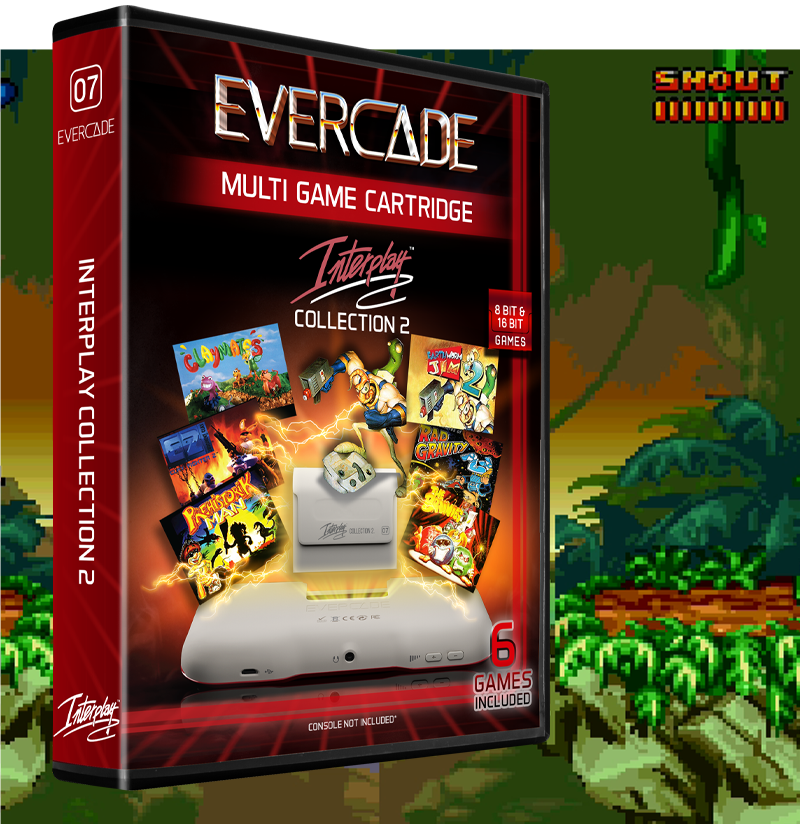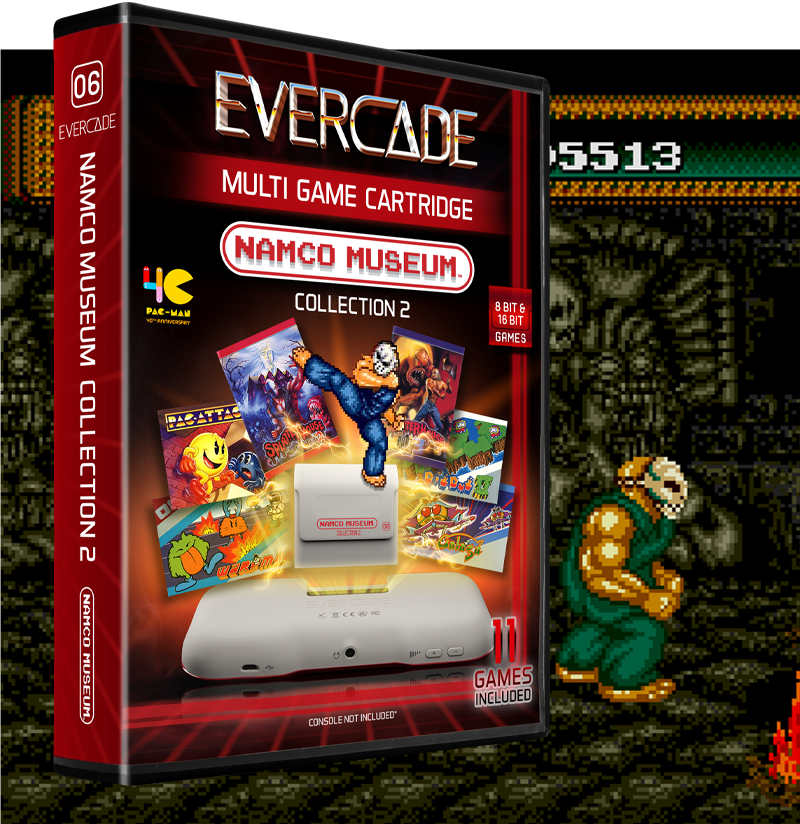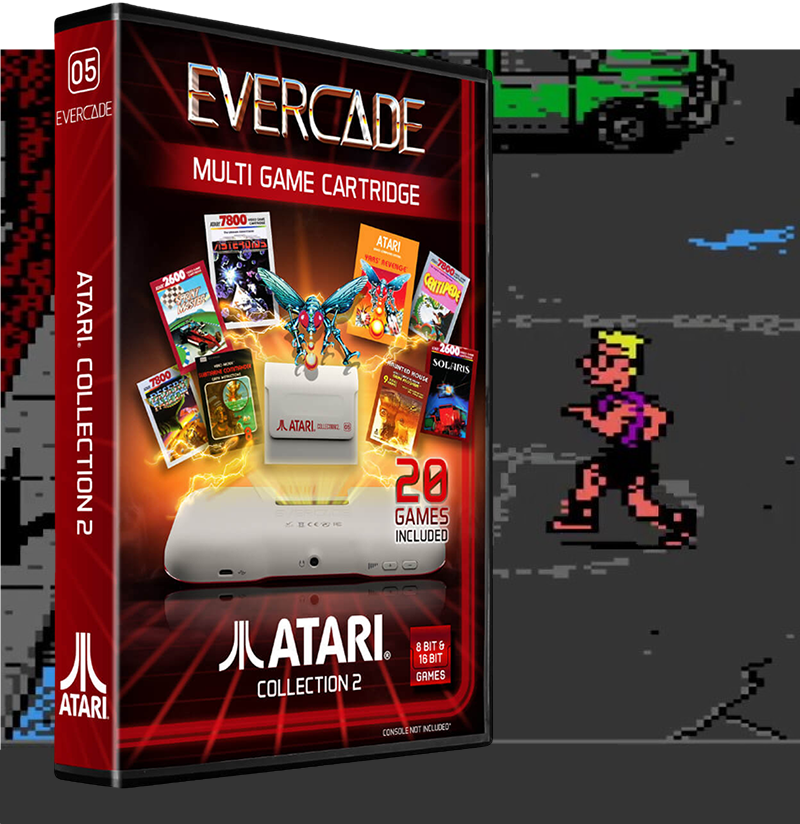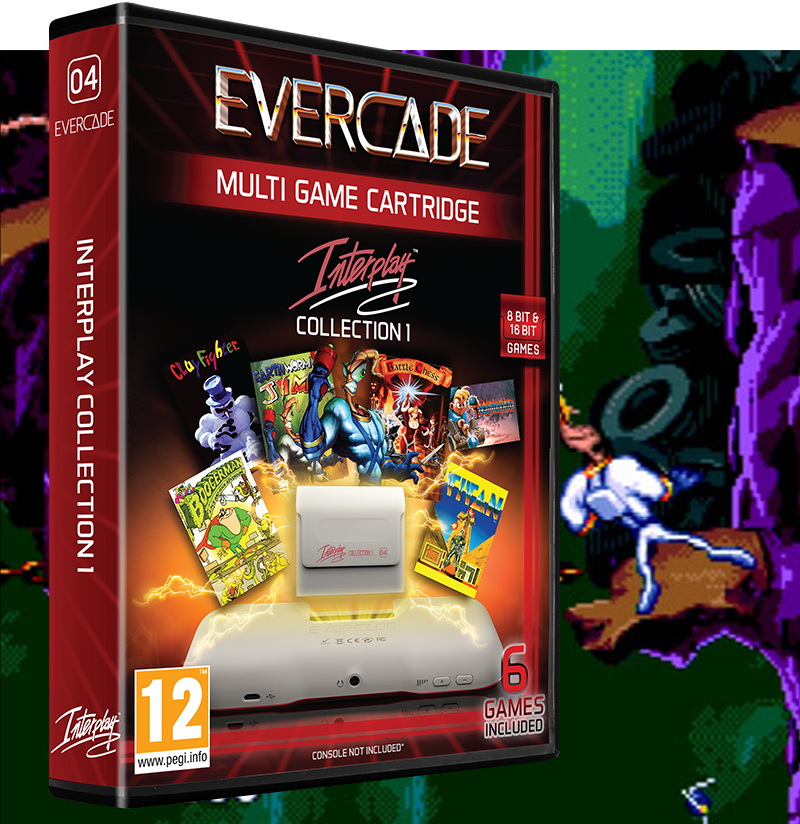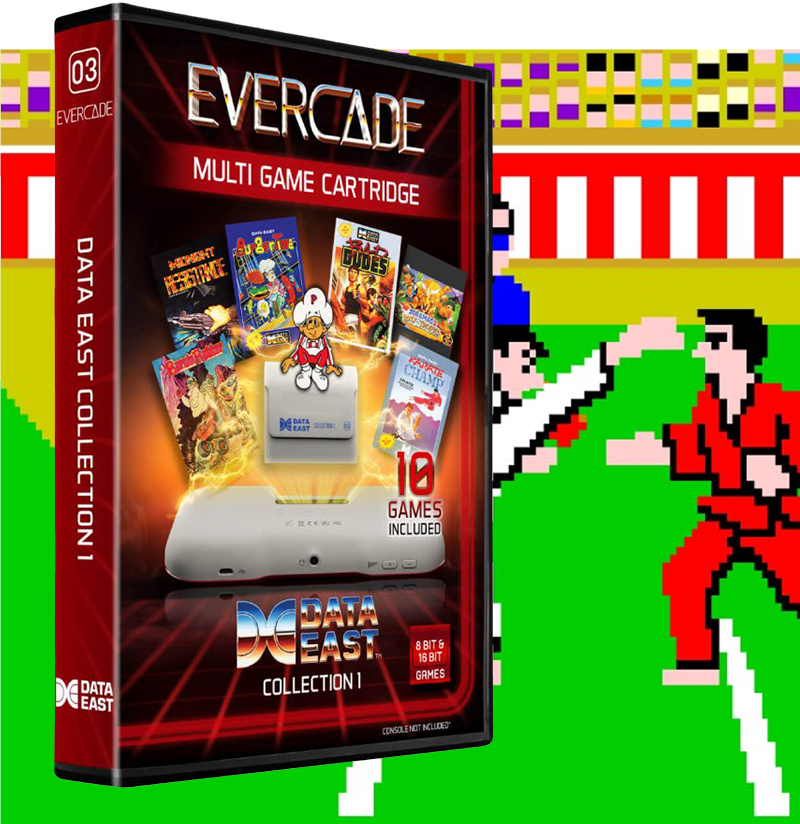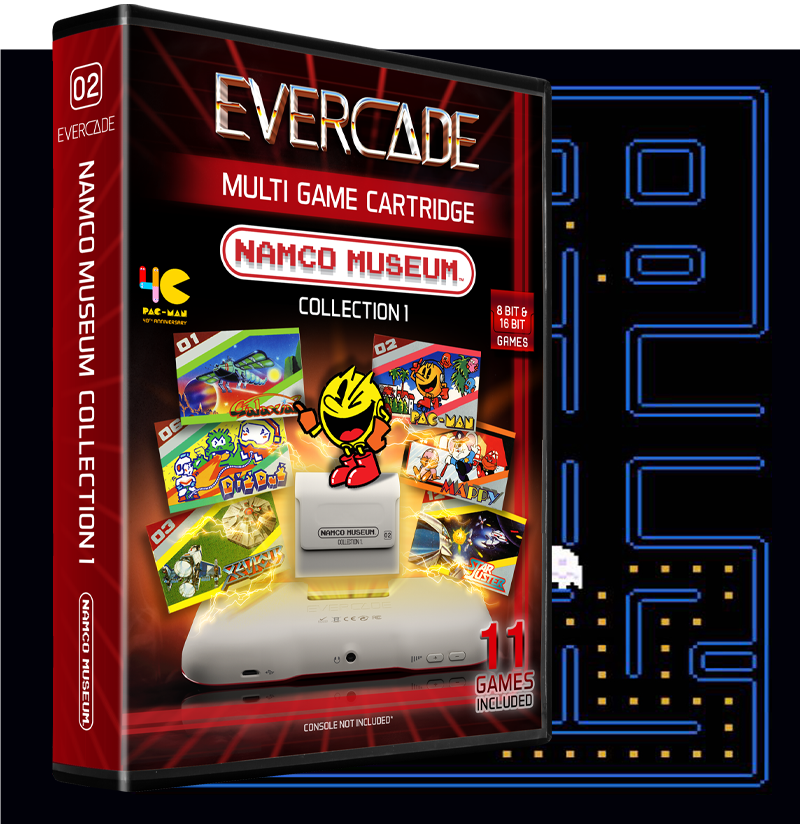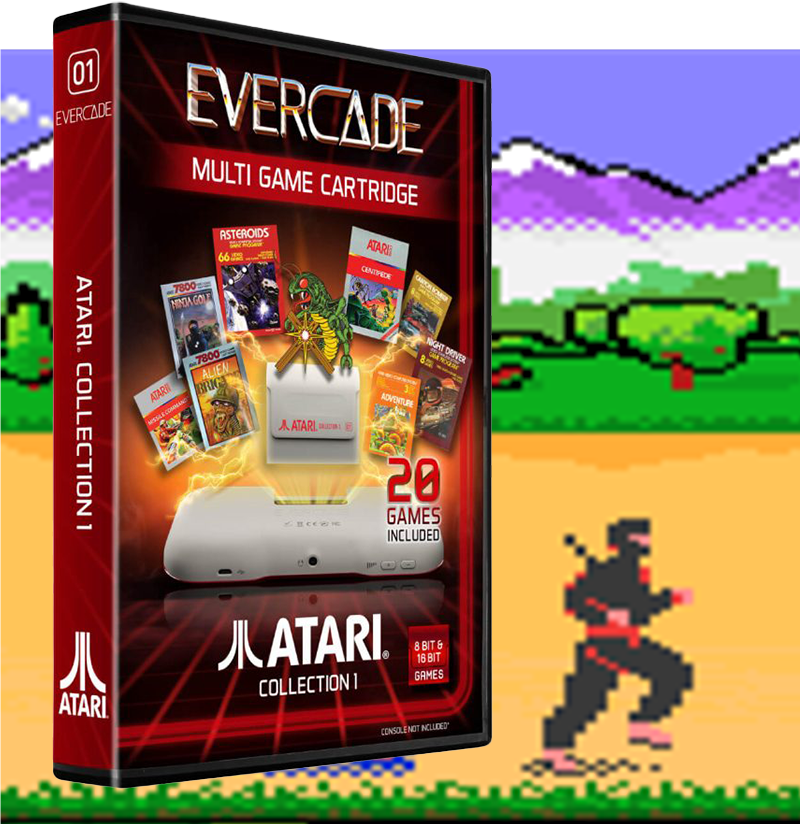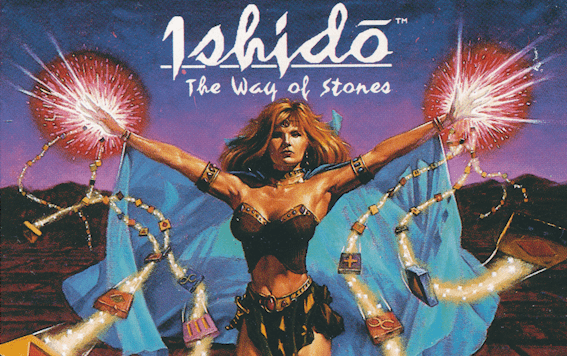
29
Mar
Evercade Game Spotlight: Ishido – The Way of Stones (Atari Lynx Collection 1)
It used to be tradition that handheld video game systems were the best place to play puzzle games. The “personal” nature of the systems made them ideal for simple, straightforward games that you could concentrate intently on — often to the exclusion of everything going on around you. And Ishido: The Way of Stones, originally released for Atari Lynx and now available on Evercade as part of Atari Lynx Collection 1, is a great example.
Although the Atari Lynx version of Ishido: The Way of Stones is one of the more well-known incarnations of the game, the origin of the game was on home computers. In fact, the very first release of the game was in a limited-edition hand-made walnut slip box that cost $495 in 1990 (over $1,000 in today’s money). Thankfully, this was followed-up by a more “mass-market” version for several different computer, console and handheld platforms later that year.
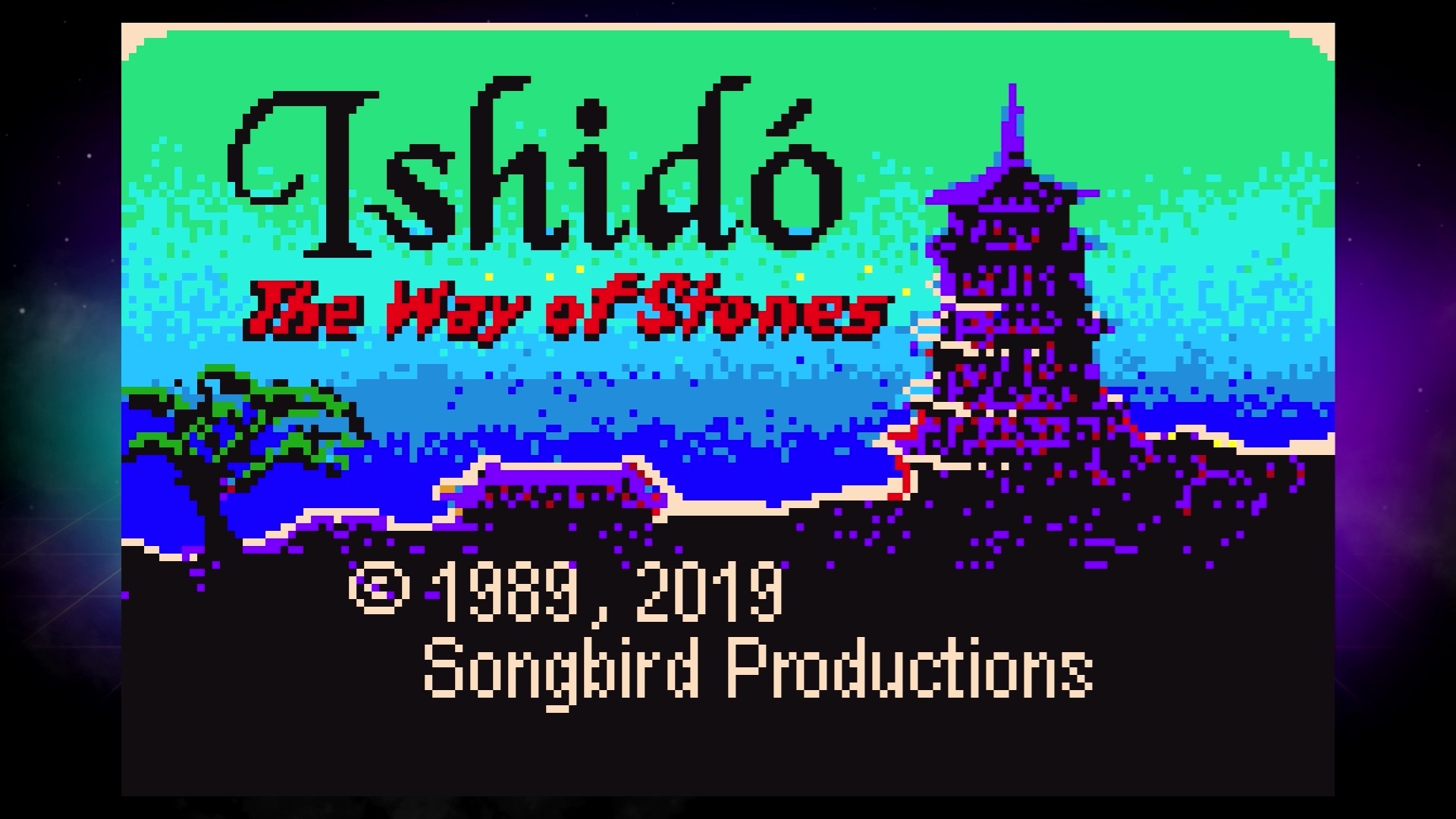

The Atari Lynx version was originally released in 1991, and was well received by critics. Reviewers found it to be a compelling game thanks to how simple it is to learn but how difficult it is to master, with some drawing favourable comparisons to the classic Chinese board game Go.
Interestingly, though, despite its Asian-sounding title and trappings, plus its inclusion of the ancient Chinese Book of Changes, the I Ching, for use in its “Oracle” feature, Ishido: The Way of Stones is a completely western production.
Indeed, the original developers played up the mythology surrounding the game with a 20-page booklet in the original releases, which suggested the game was actually an ancient Chinese game that had been rediscovered in 1989 after a monk of the Northern School of the White Crane branch of Taoism revealed it to the world after it had been hidden for thousands of years. This story was a complete fabrication.
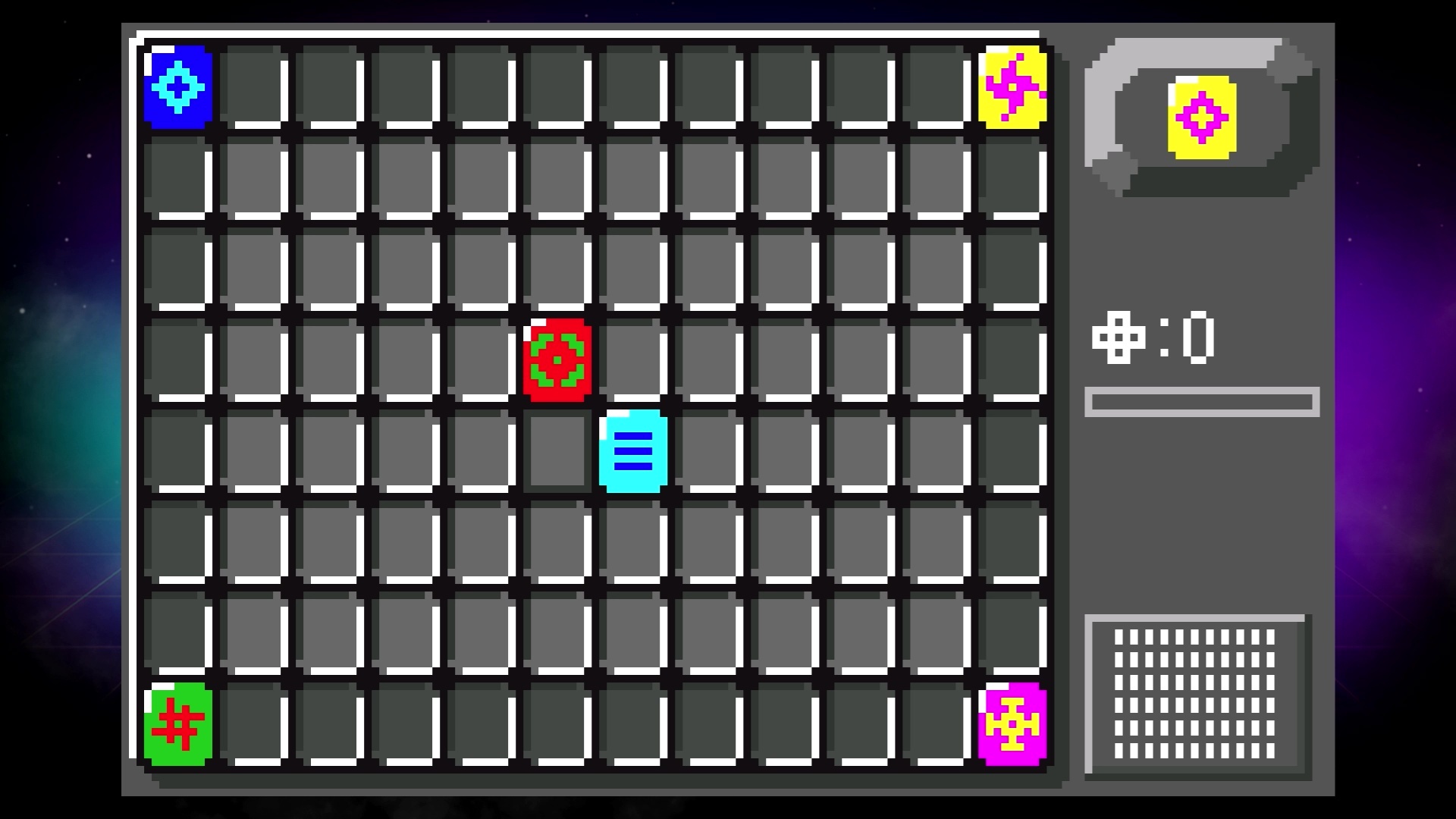

The concept of Ishido: The Way of Stones is simple. There’s a board with 96 spaces, and you have 72 stones to place on it, with the stones consisting of 36 identical pairs, distinguished by colour and symbol.
Your aim in Ishido is to draw stones one at a time, then place them on the board in such a way that they match other stones which are orthogonally adjacent according to either colour or symbol. If you lay a stone so that it is adjacent to more than one other stone, you must balance the matches as much as possible.
For example, when laying a stone that is adjacent to two others, you must match one stone by symbol and the other stone by colour; when laying a stone adjacent to three others, you must match one stone by either symbol or colour and then the other two stones by the other attribute.
The most important skill to develop while playing Ishido is creating four-way matches. Here, you place a stone in the middle of four other stones, matching two by colour and two by symbol. Not only are four-ways worth the most points, they are also the only way to receive auguries from the Oracle if you chose to seek its advice prior to a game beginning!
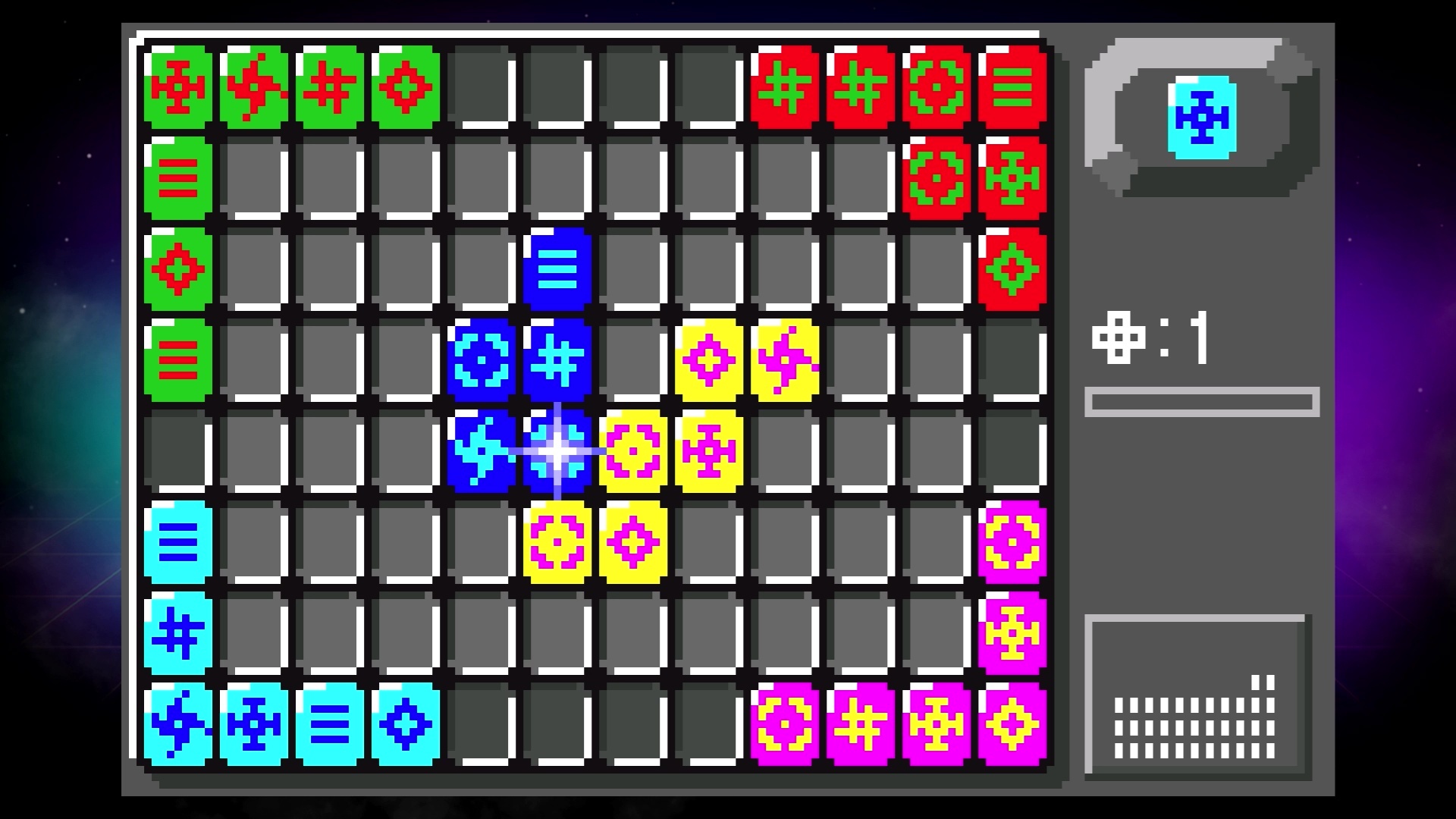

The easiest way to set up a four-way is to lay down two tiles of the same colour on two edges of where the four-way will go, then lay down two tiles of a different colour but matching symbols on the other two edges. It takes practice, but you’ll soon get the hang of the patterns you need to build in order to set this up!
Here’s some handy tips from the original Atari Lynx manual. Thanks to Dark Ride Arts on Twitter for making us aware of this high-resolution scan from AtariAge. And thanks to AtariAge for their tireless work in archiving and documenting classic Atari material!
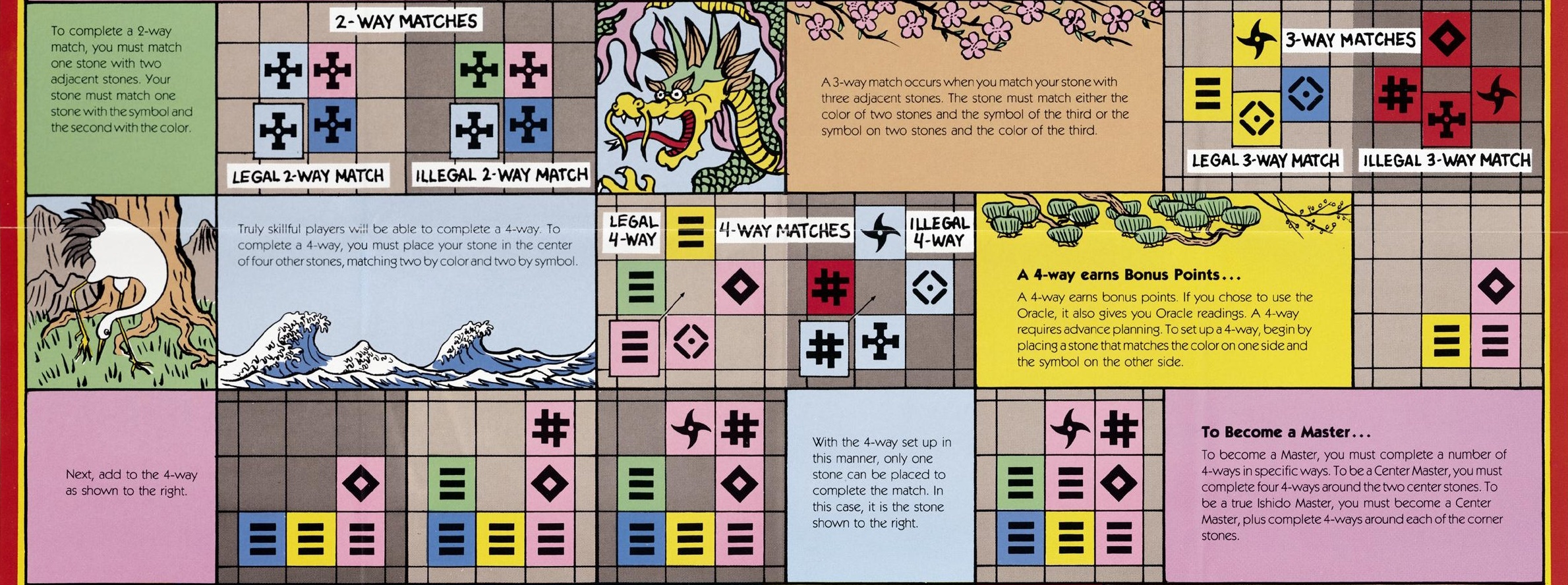

You can play Ishido according to its supposedly Ancient rules, or with Modern scoring. Select this option from the Game… menu when you start up the game.
In Ancient mode, your aim is simply to empty the pouch by successfully placing all 72 stones on the board, while in Modern mode your job is to score as many points as possible. In both instances, it’s in your interest to try and form as many four-ways as possible, since Ancient mode tracks how many four-ways you achieved, while in Modern mode your scoring potential doubles after every successful four-way!
An important consideration in the Modern mode is that matches will only score points if they’re placed in the light-coloured area of the board, known as The Within. If you make matches in the dark-coloured area of the board, known as The Beyond, they’re worth nothing!
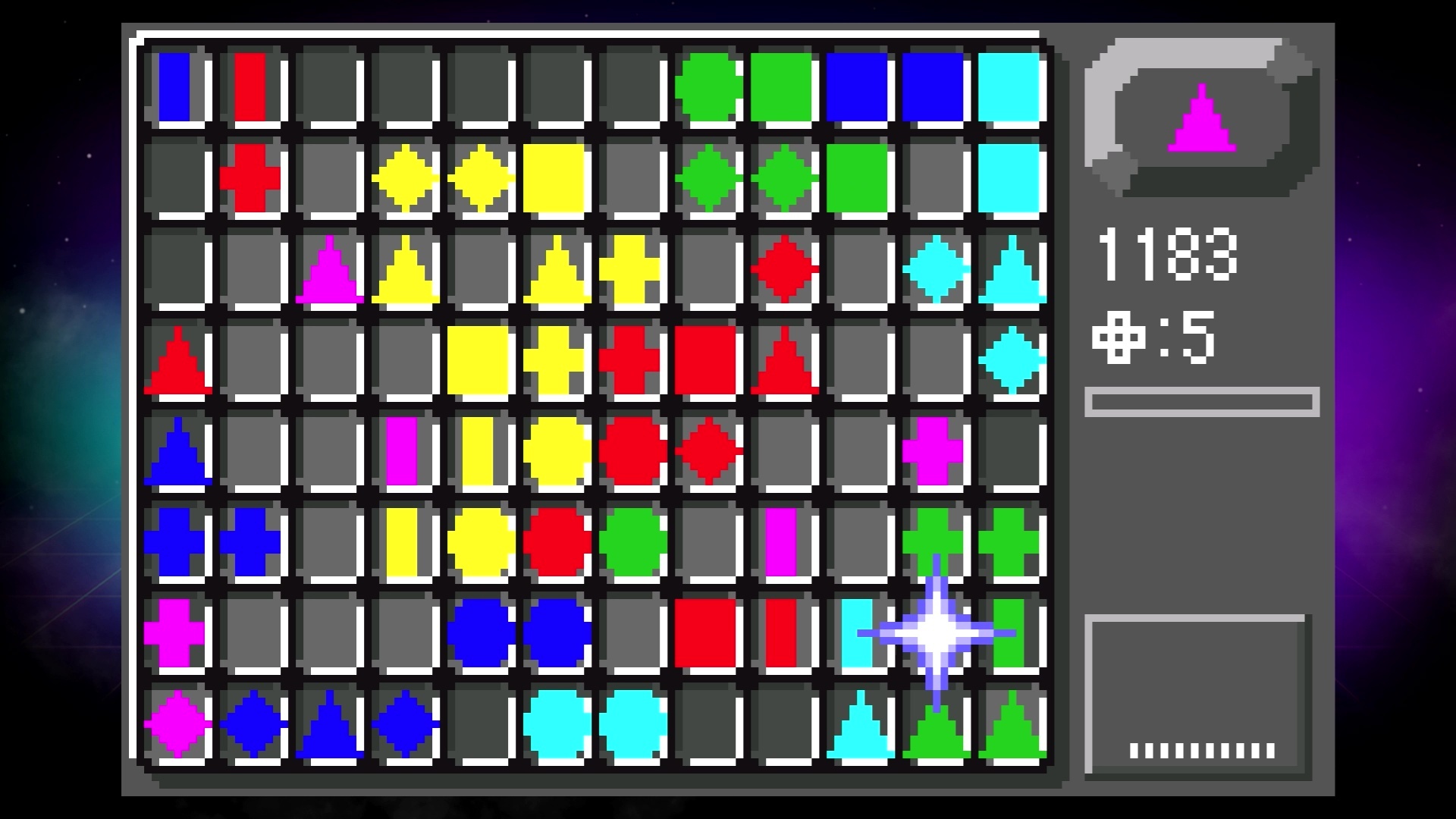

Ishido isn’t just a single-player game, either; there are also some cooperative and competitive modes you can play alongside the default solitaire game. To select these, click the button marked Solitaire on the initial menu, then use the Game… menu to define specific options.
Challenge mode sees two players, either player or computer controlled, taking it in turns to lay stones on the board and scoring for themselves accordingly. Cooperative mode sees two players working together for a communal score. And Tournament mode allows several players to compete in succession for the best score, using an identical initial board setup and stone order drawn from the pouch. In all of these modes, you can involve computer players — you can even watch the computer play solitaire if you want a demonstration of how a game might unfold.
Best of all, with the game originally being designed for the handheld Atari Lynx, you only need a single Evercade VS controller to play these multiplayer modes — or you can pass and play with an original Evercade handheld or Evercade EXP!
Ishido: The Way of Stones is a deceptively simple puzzle game that has the potential to keep you busy for hours. Every game will be just that little bit different, and with the variety of game options on offer, there are plenty of different ways to enjoy the game, too!
We’re providing no guarantees that the game will lead you to enlightenment or anything, though — the Oracle’s advice isn’t always that useful, after all!
Ishido: The Way of Stones is available as part of the Atari Lynx Collection 1 cartridge for Evercade. Stop by on Twitter, Facebook, Reddit or Discord to discuss this game or any of your other Evercade favourites!
